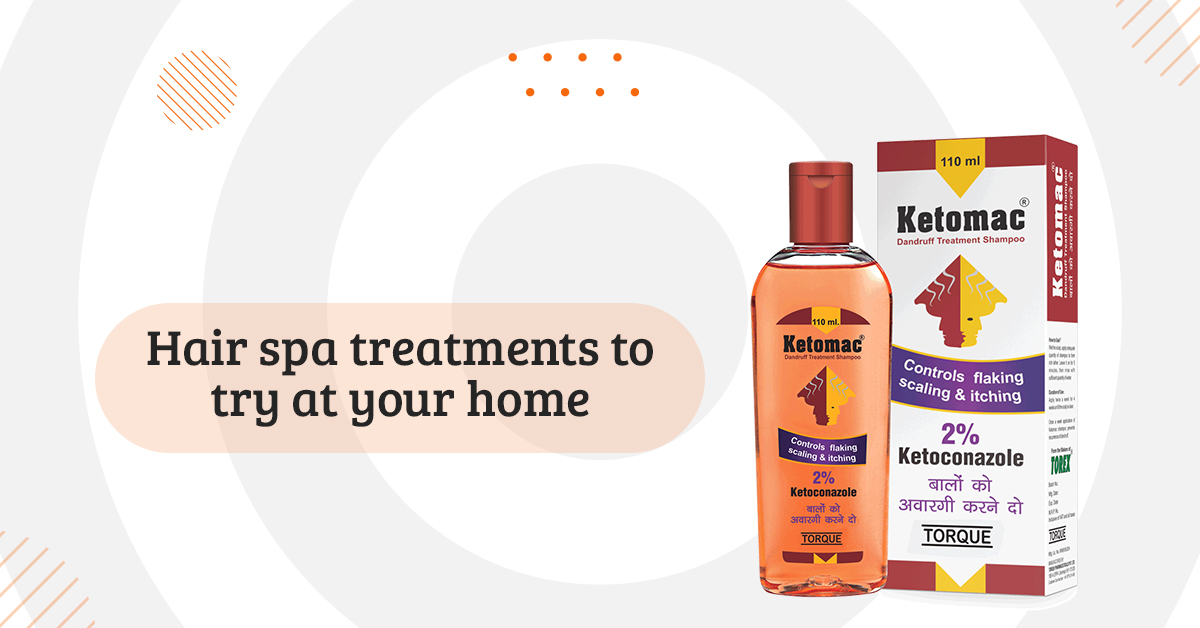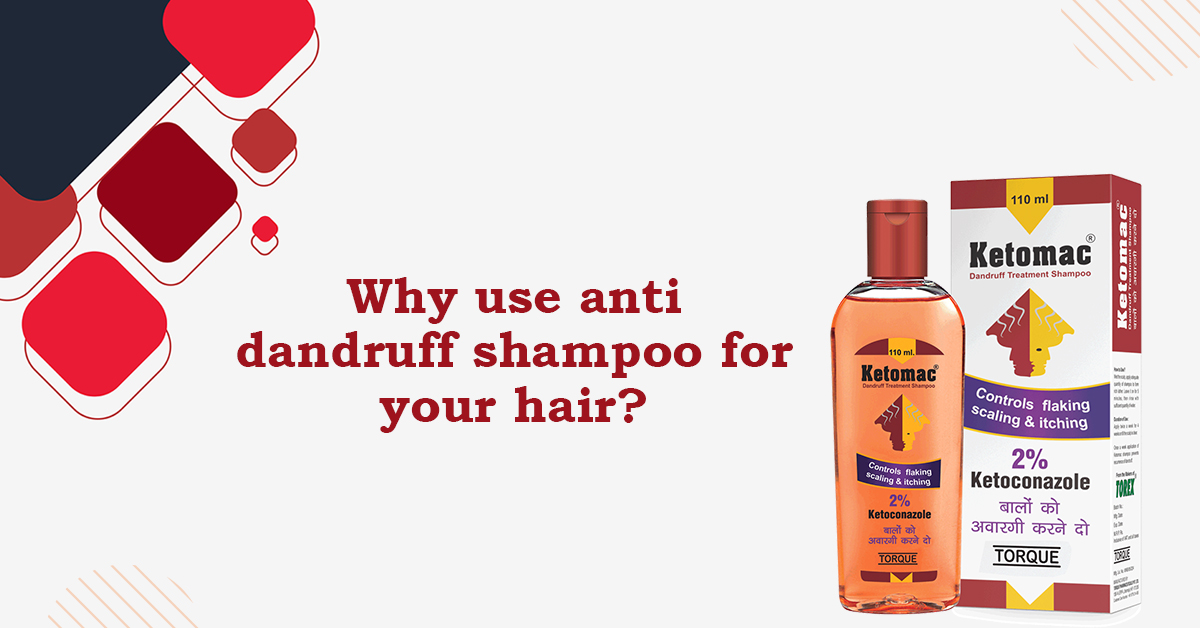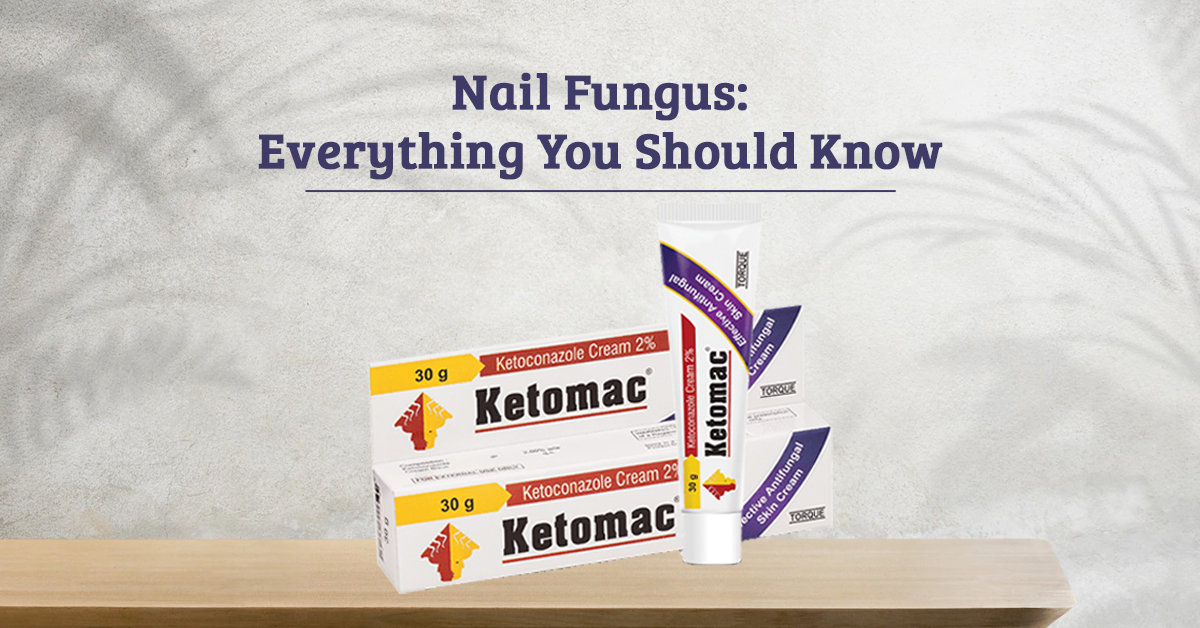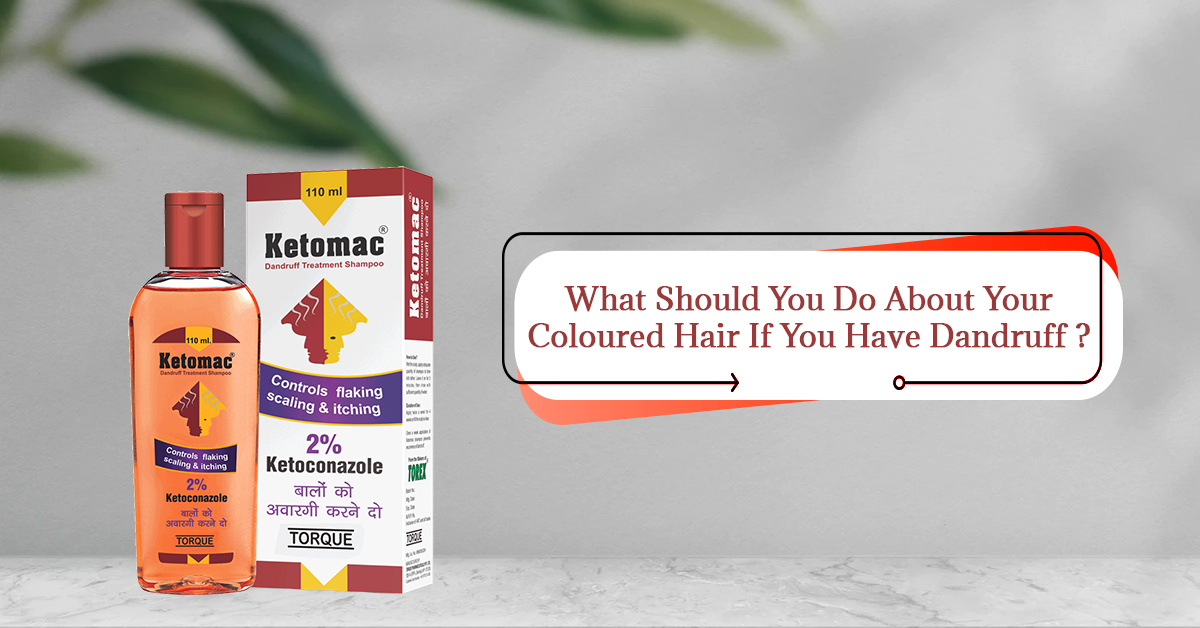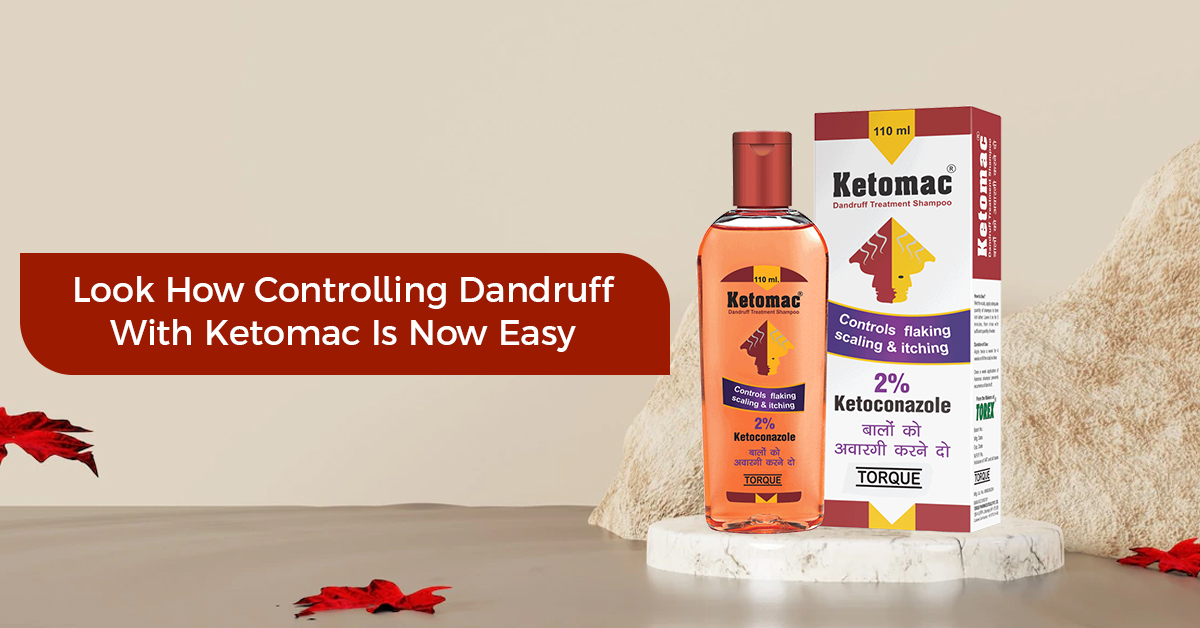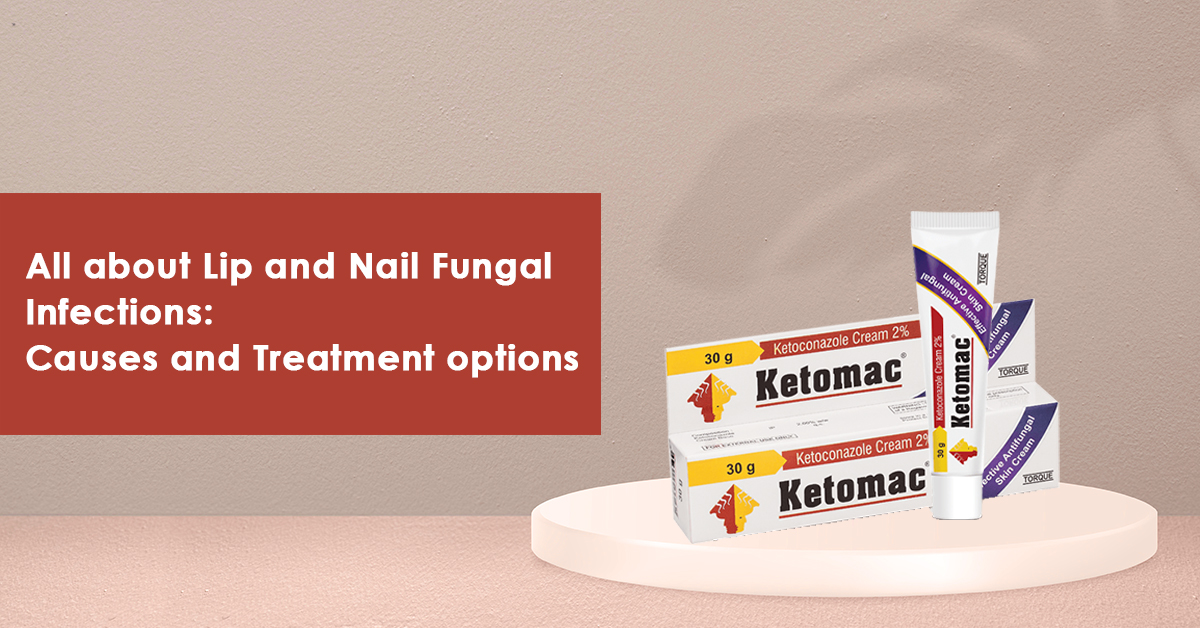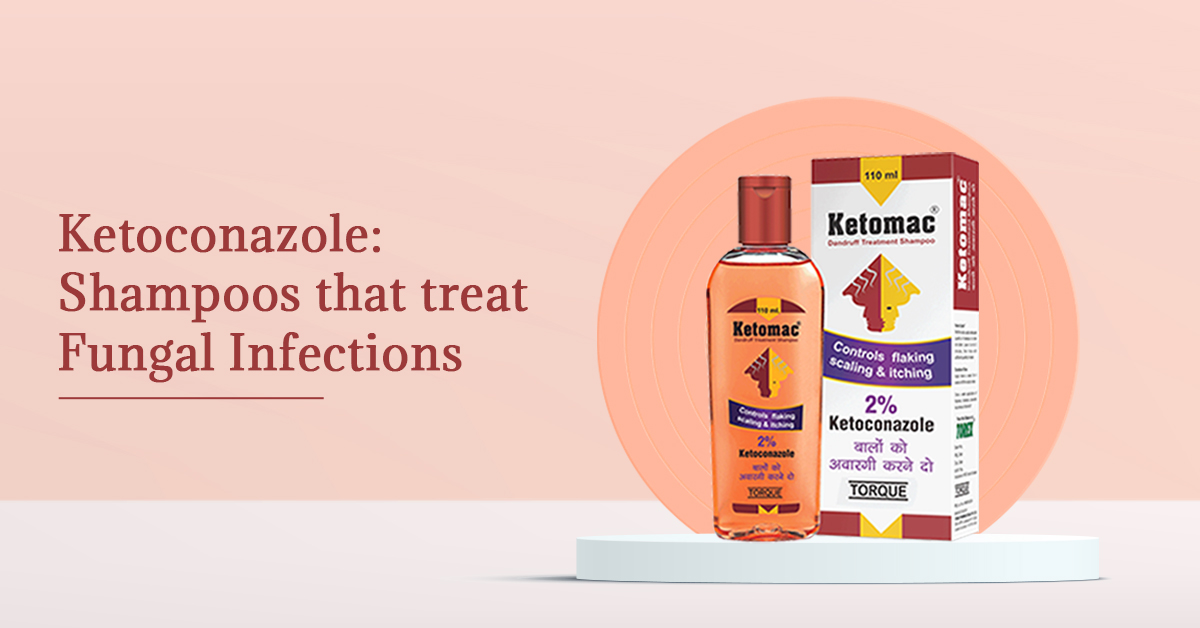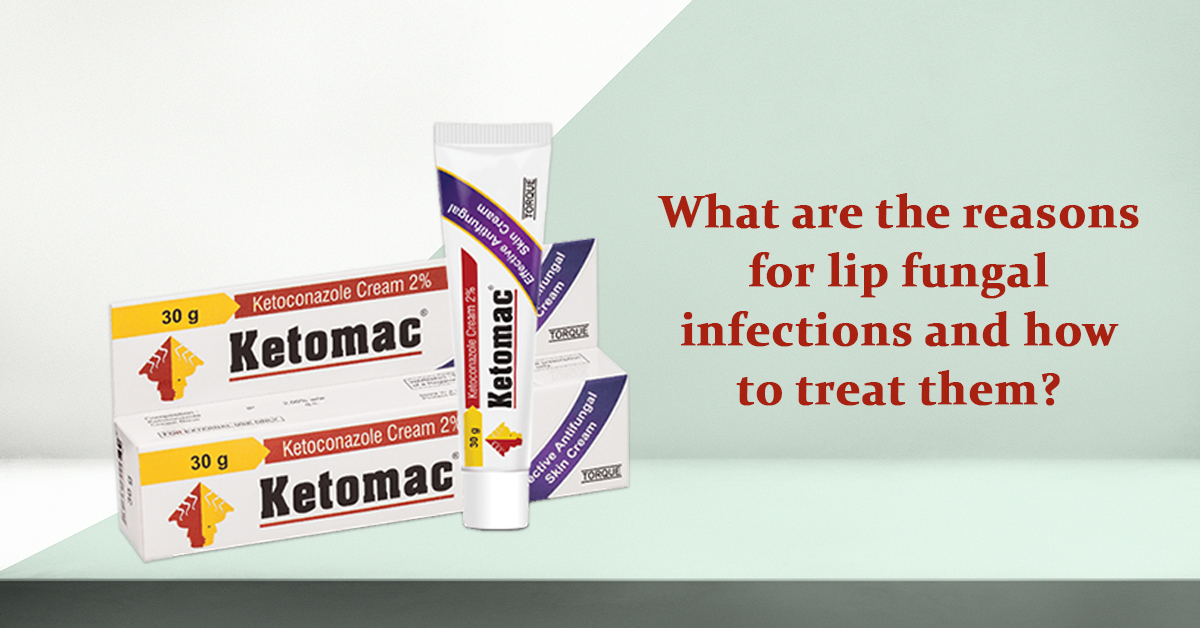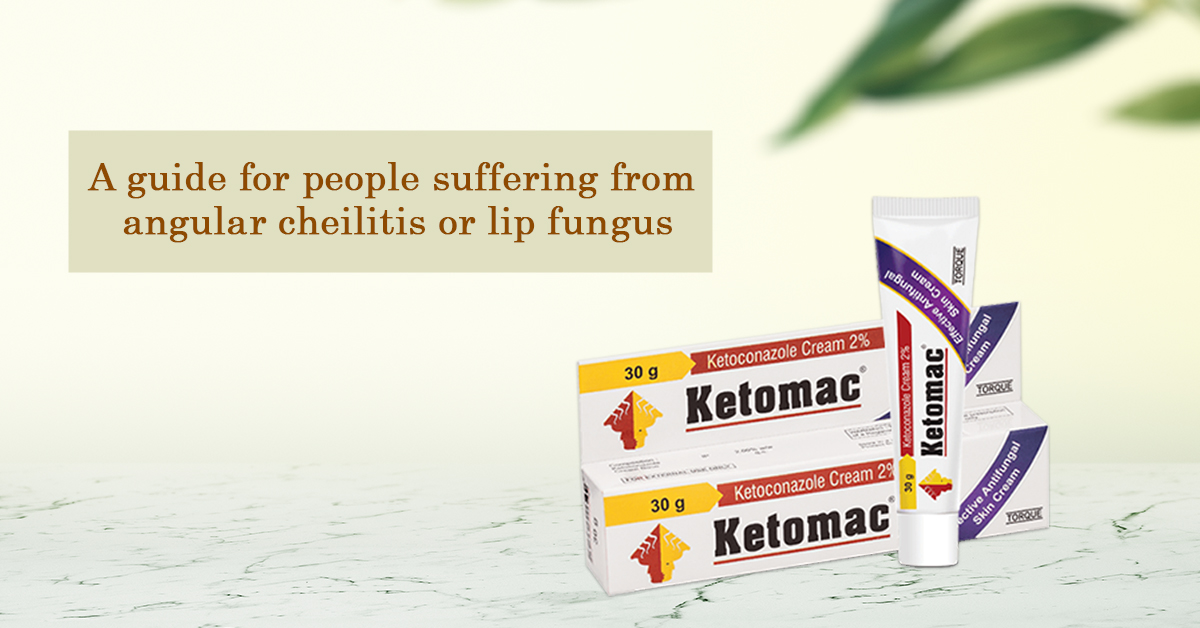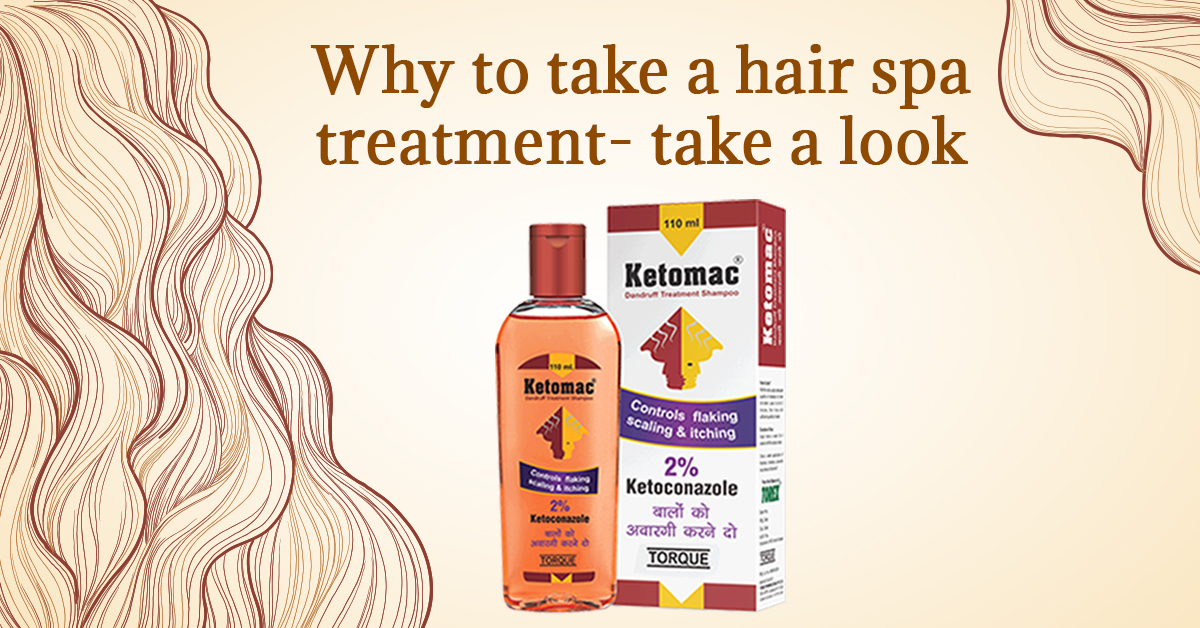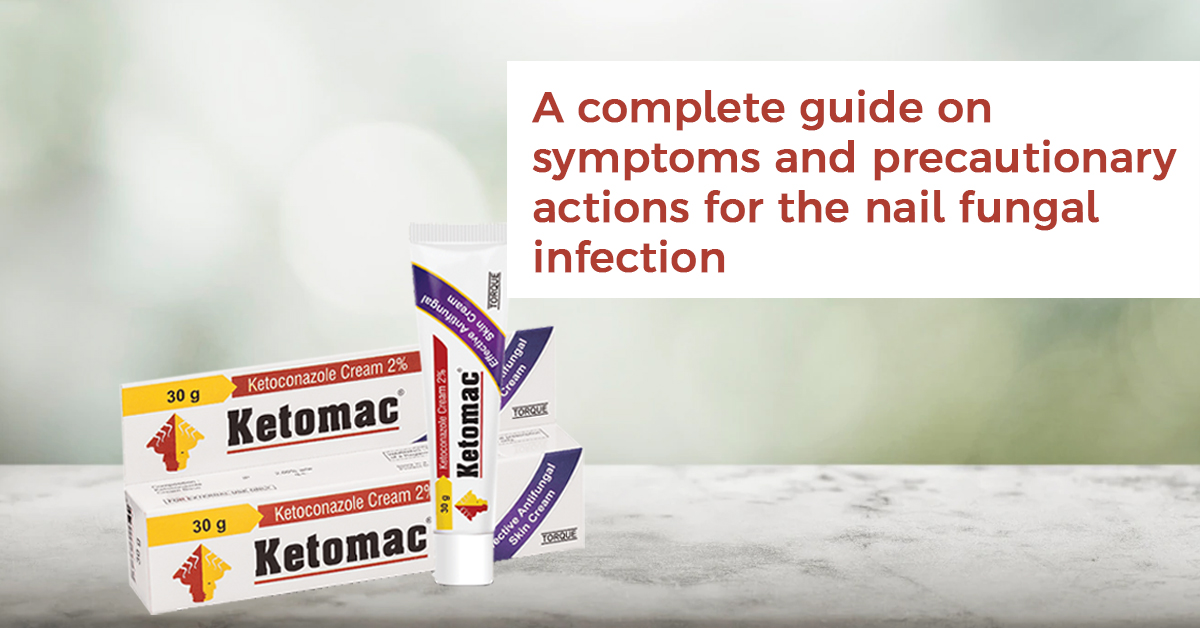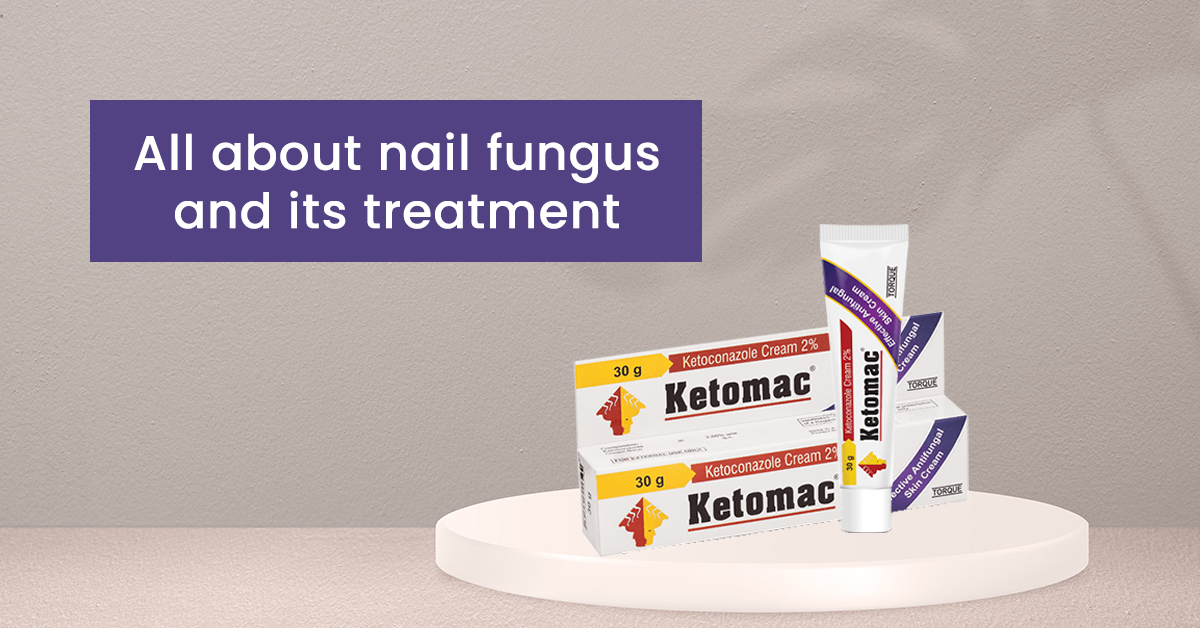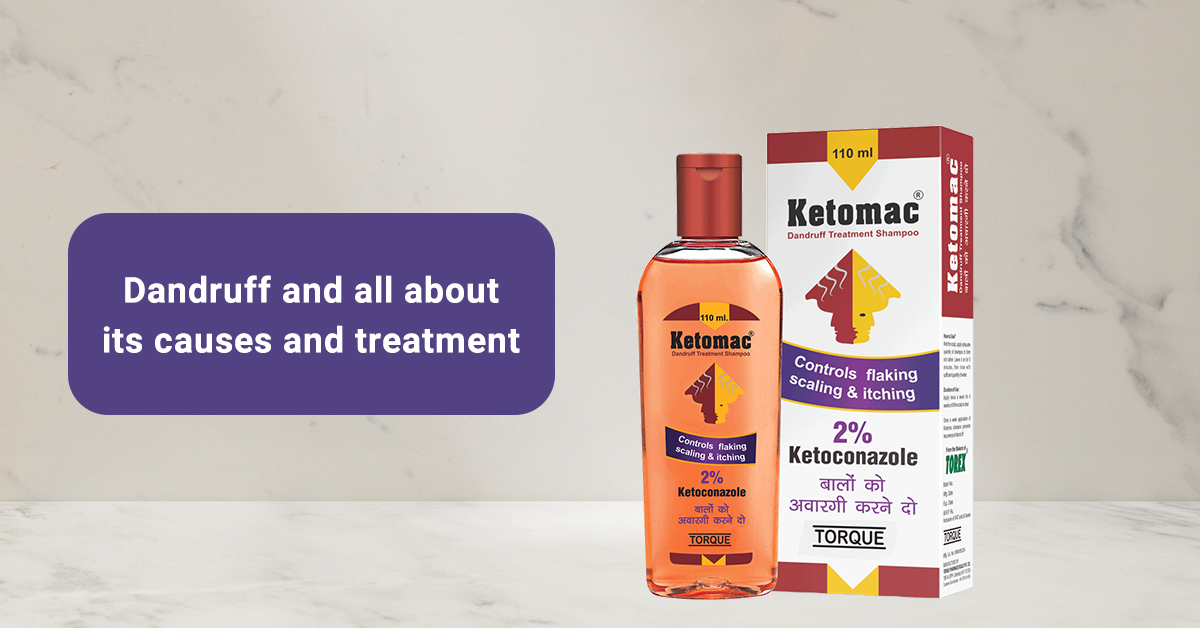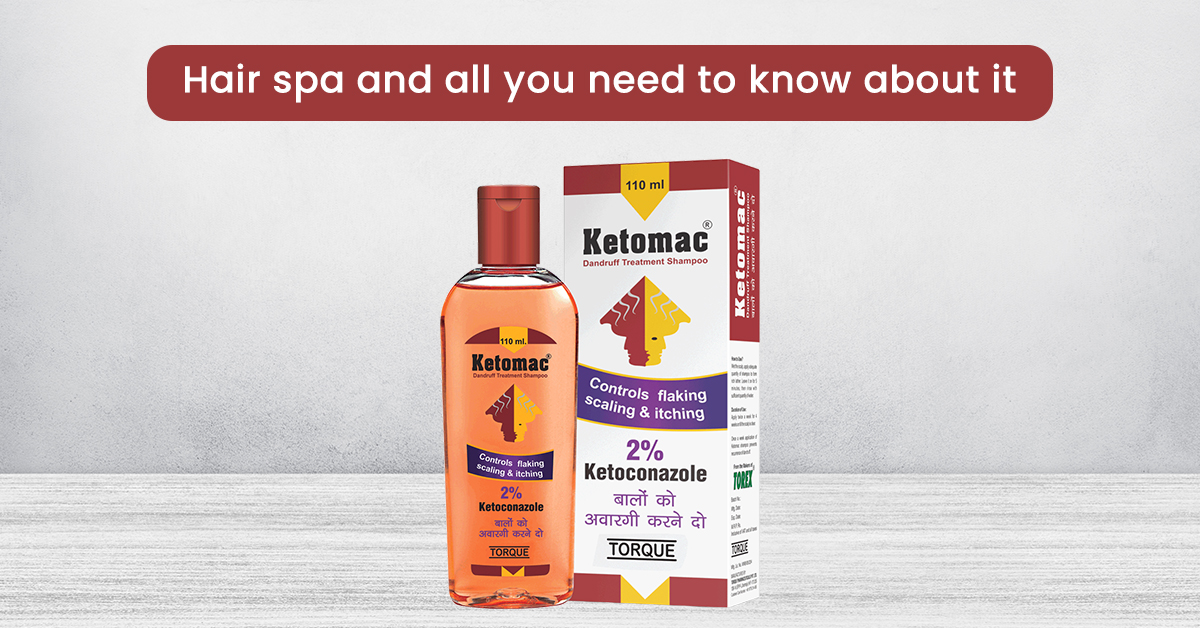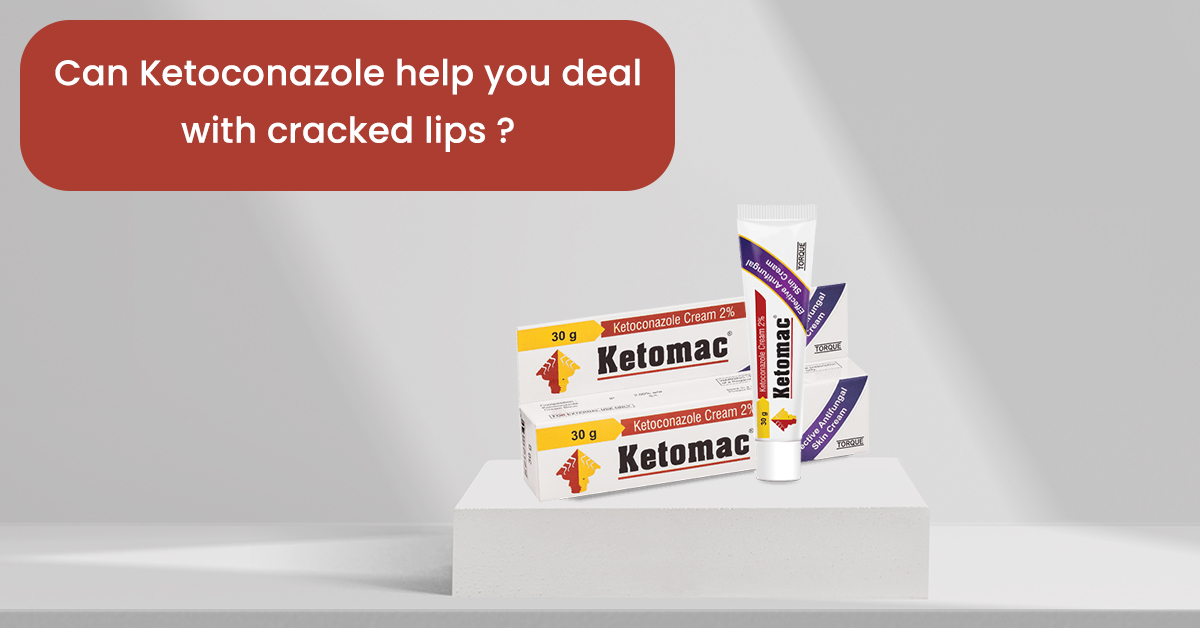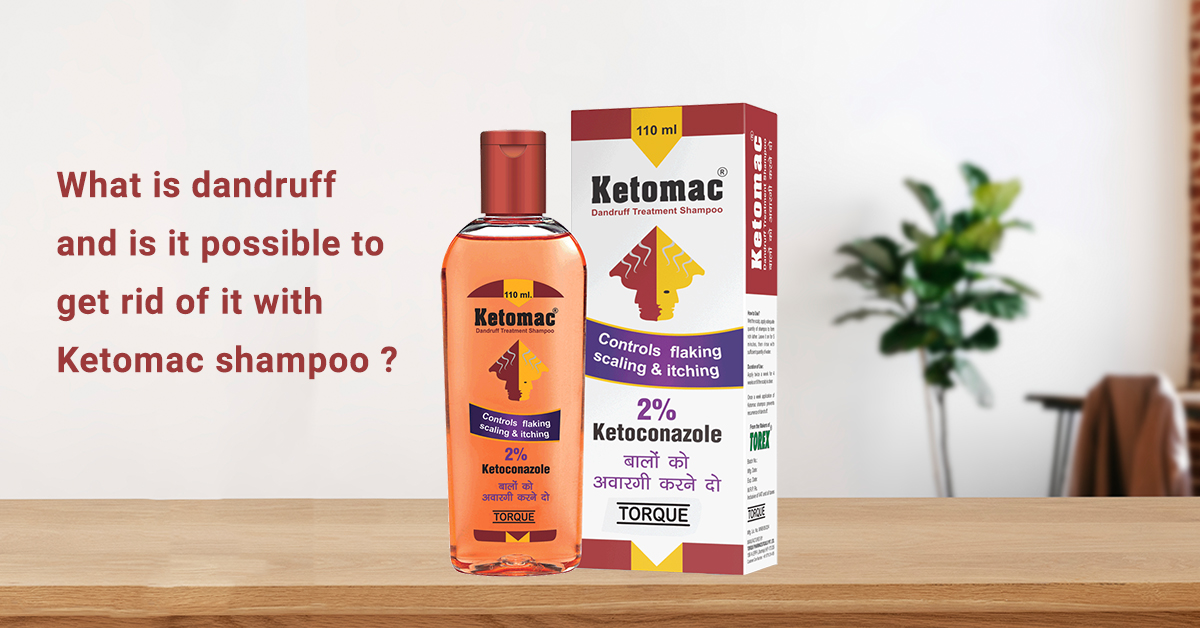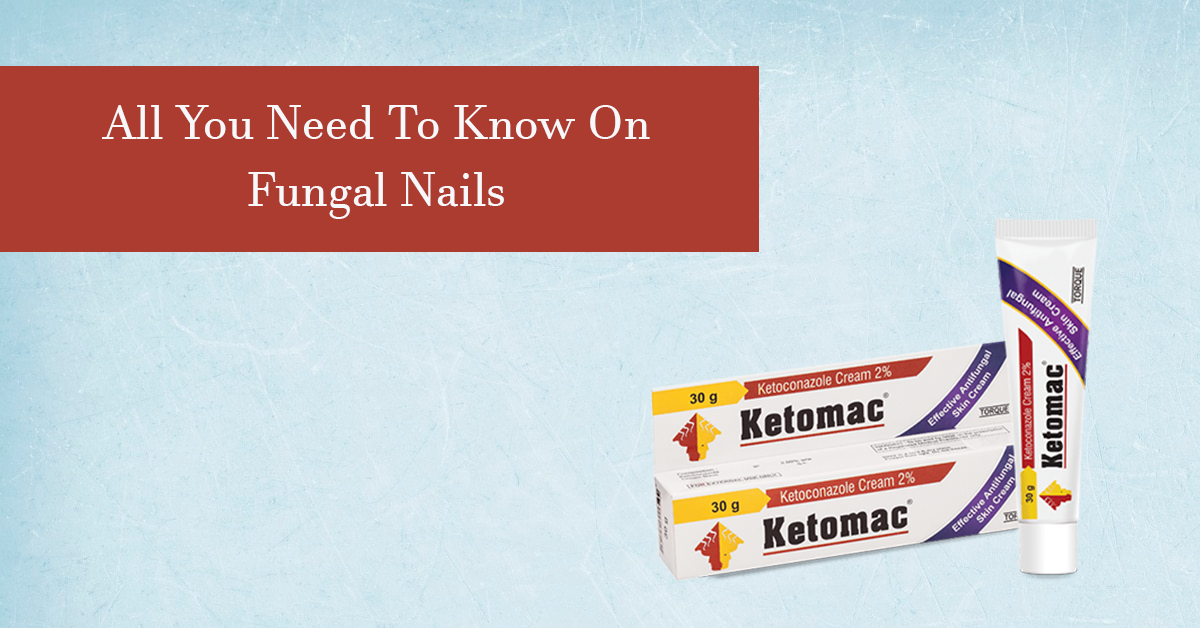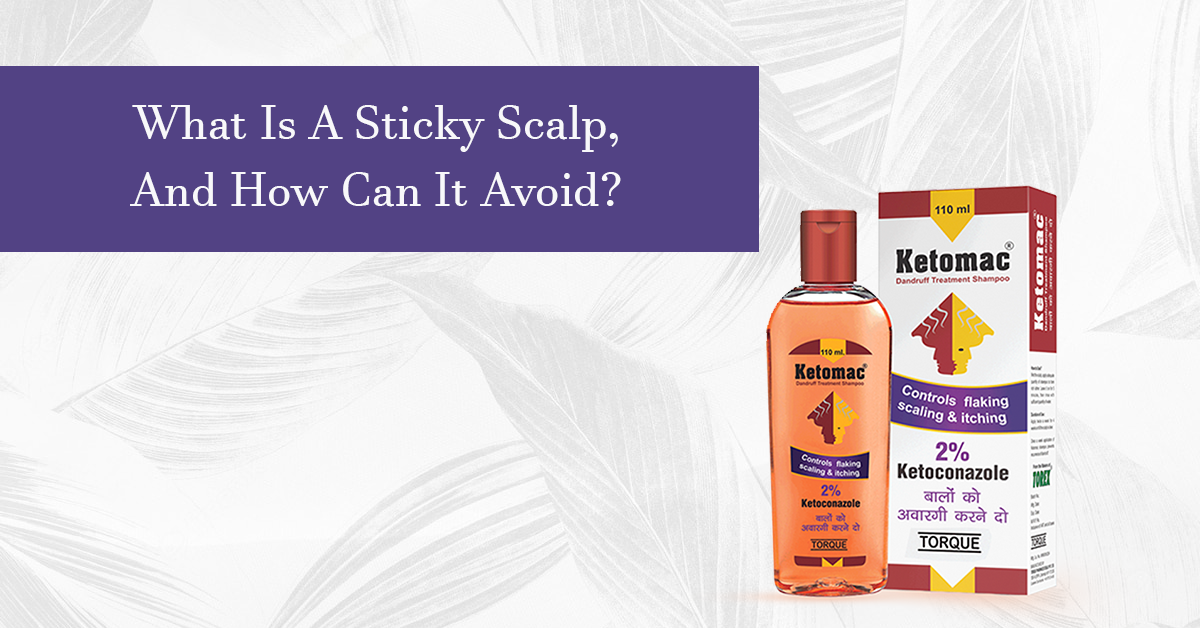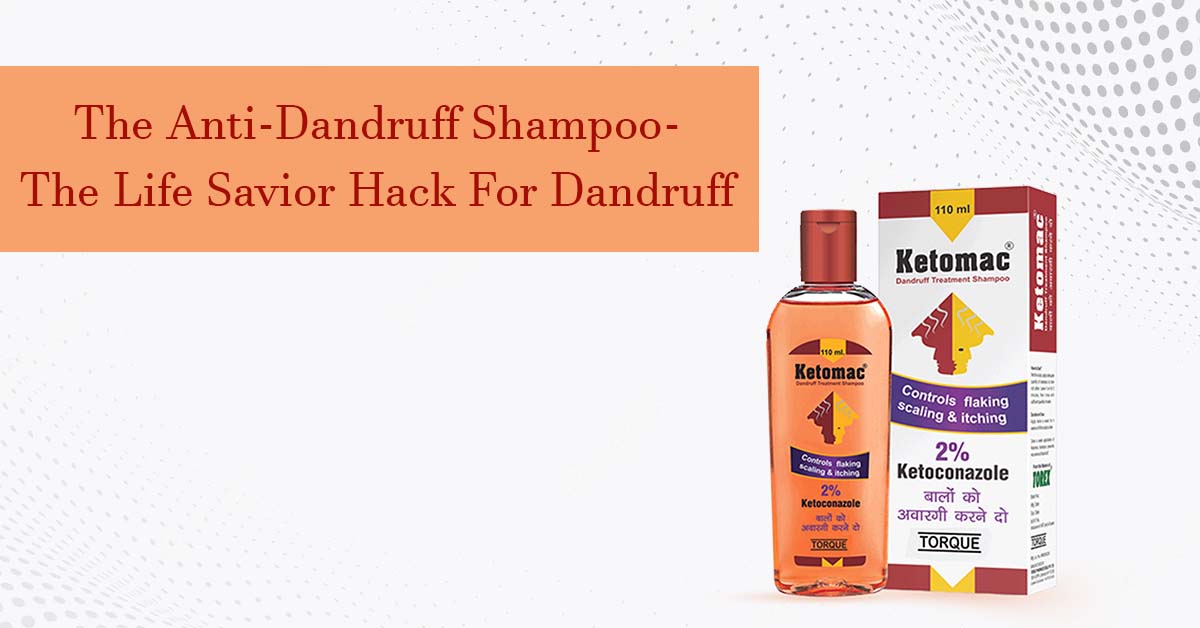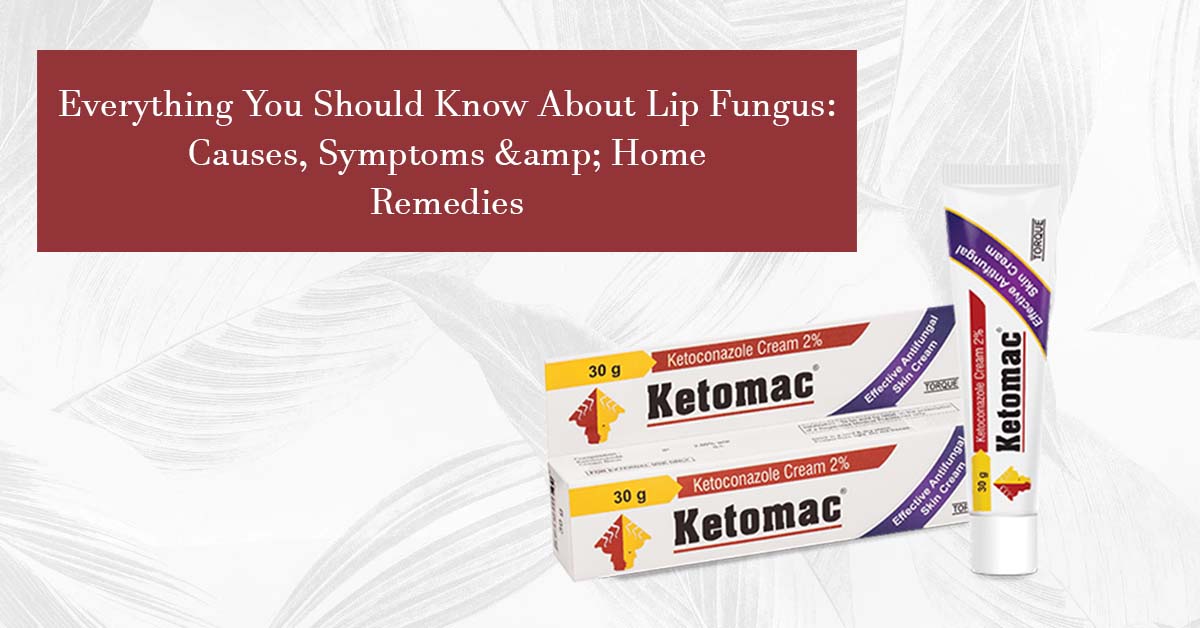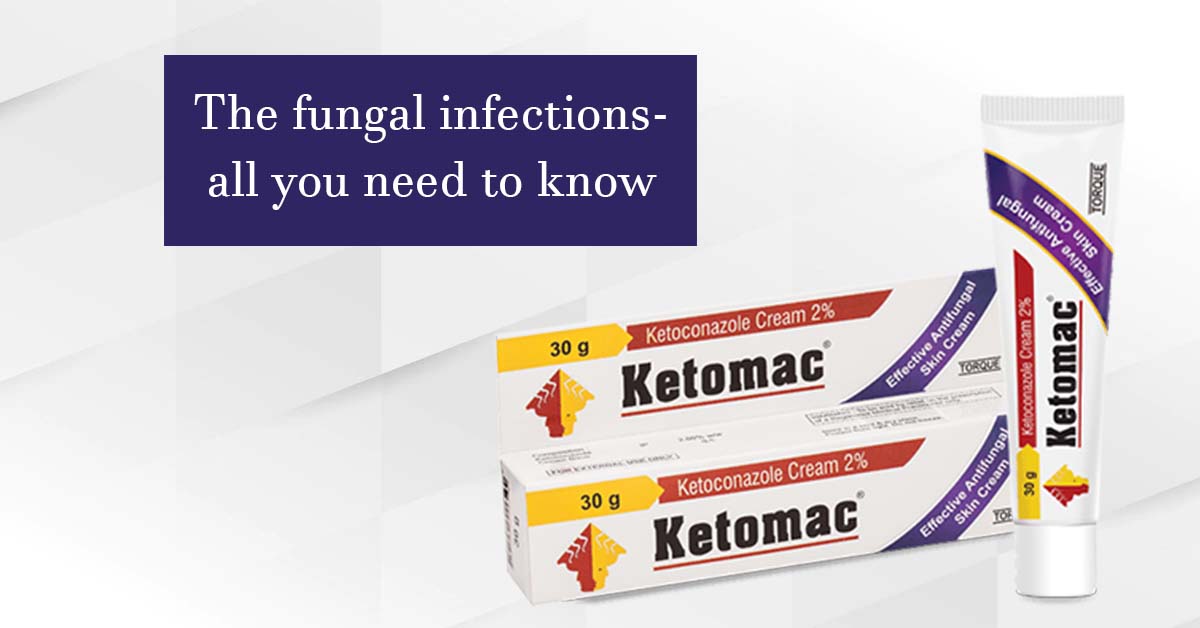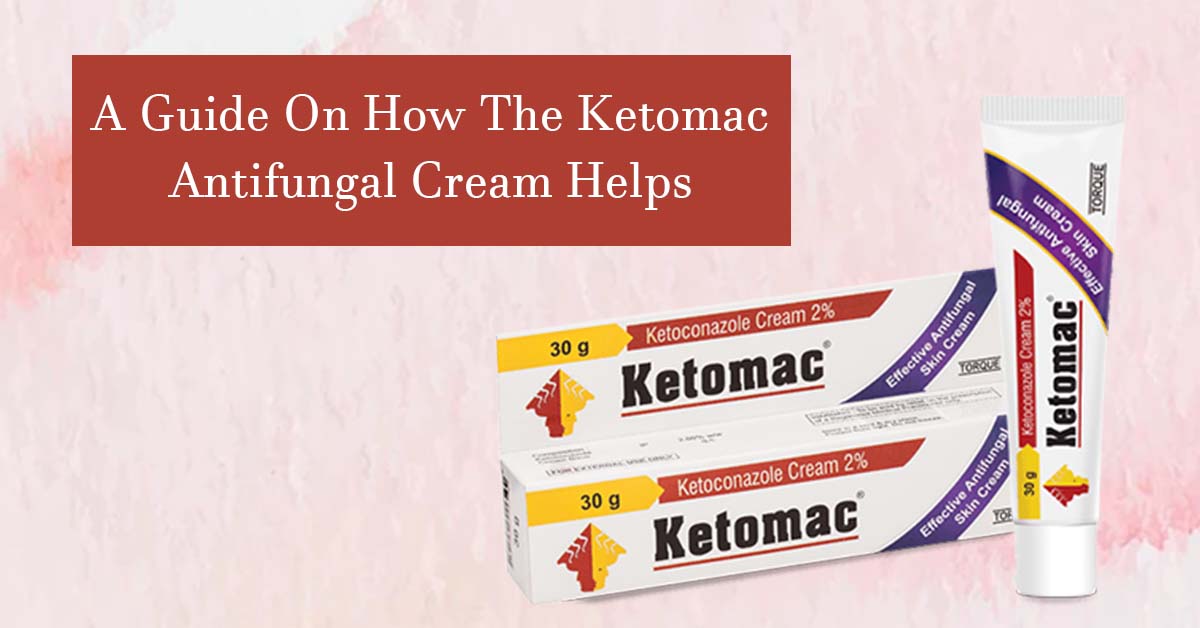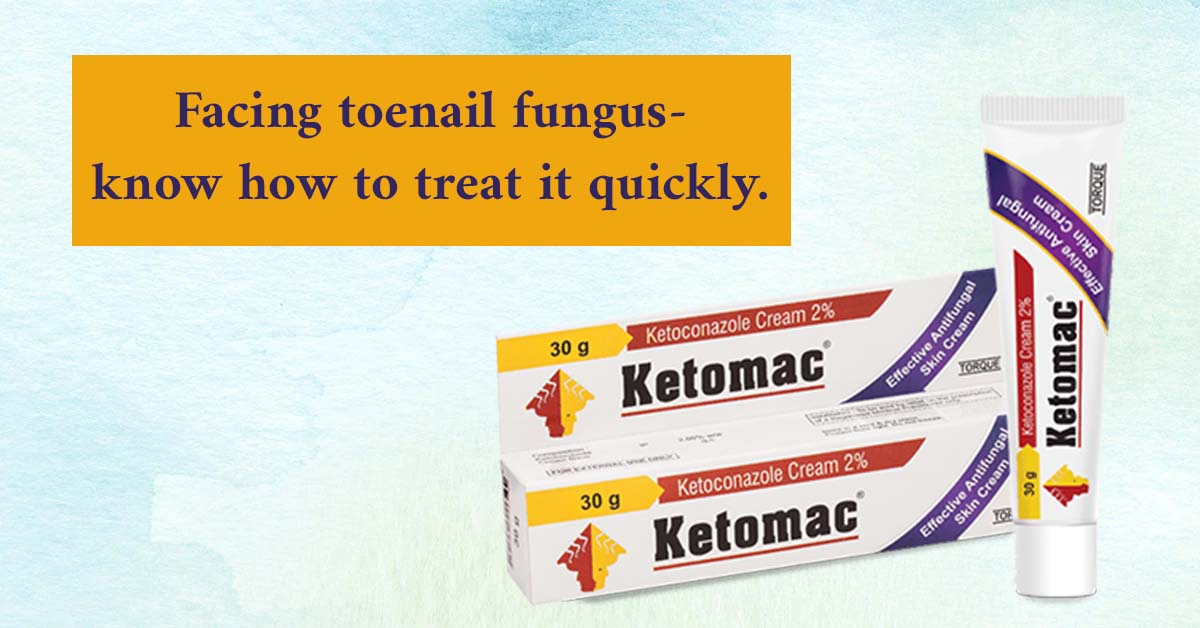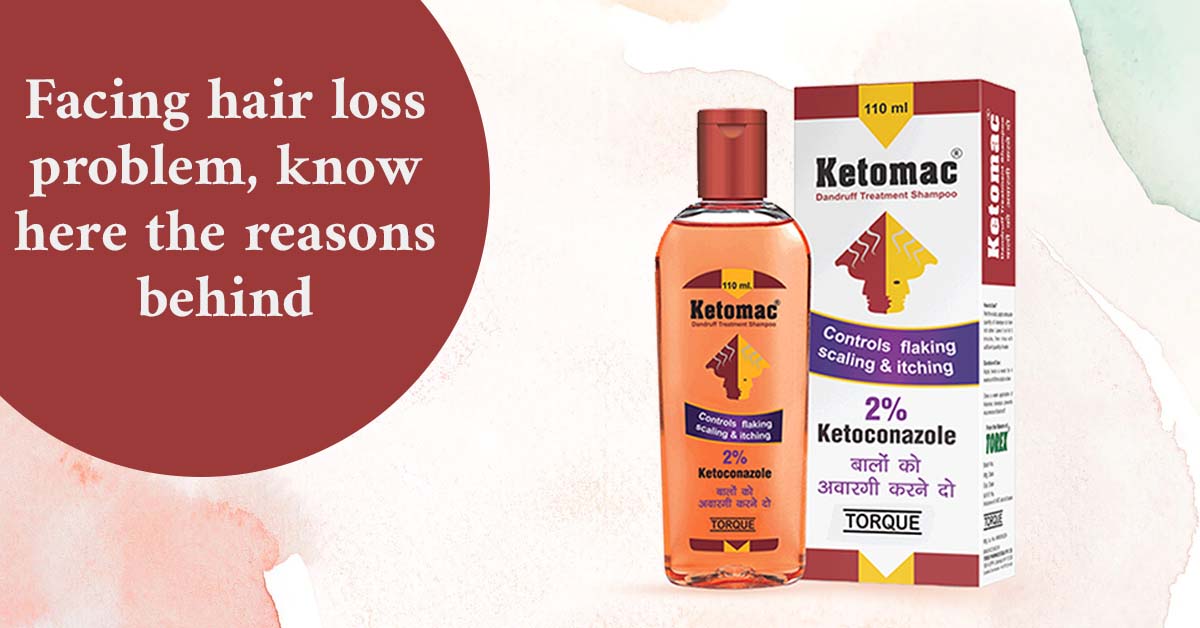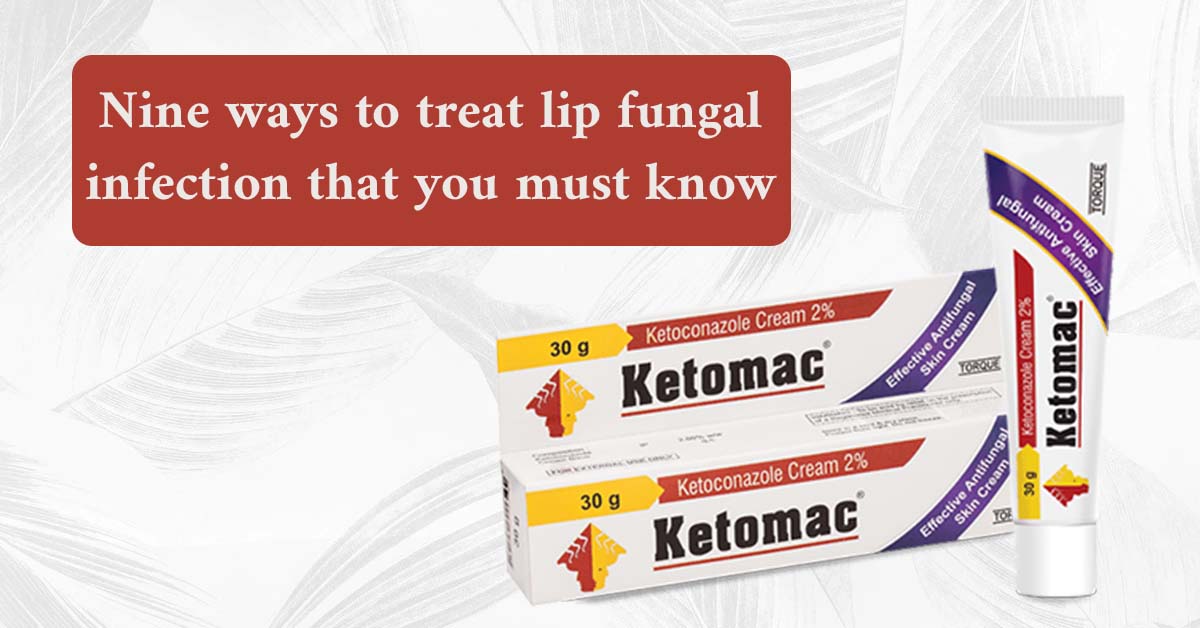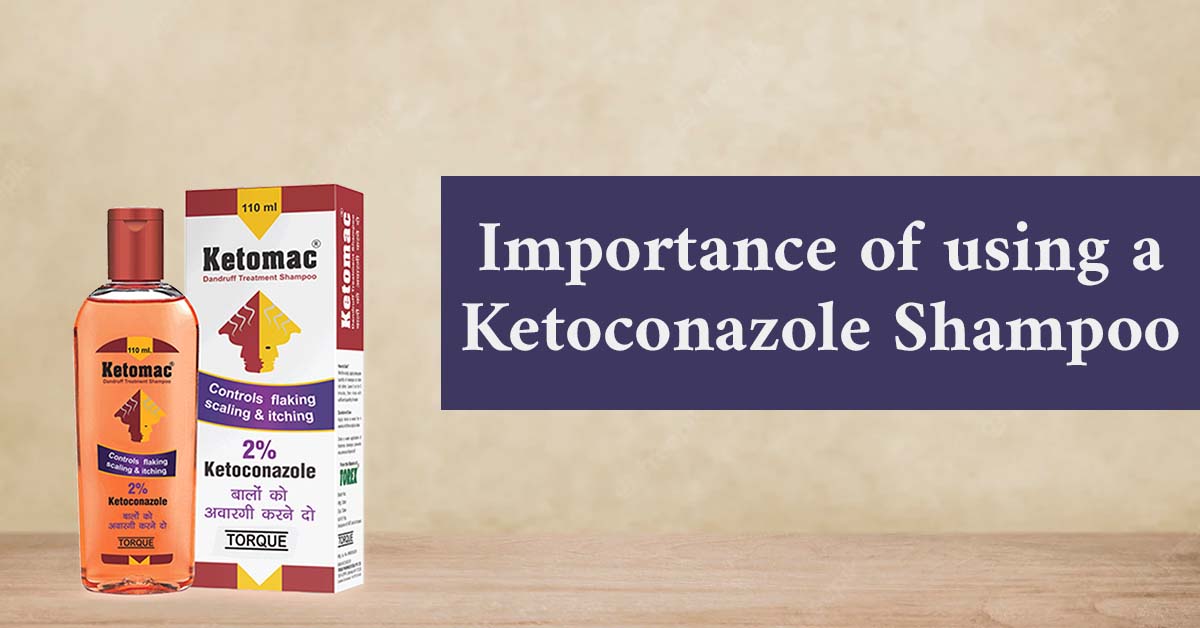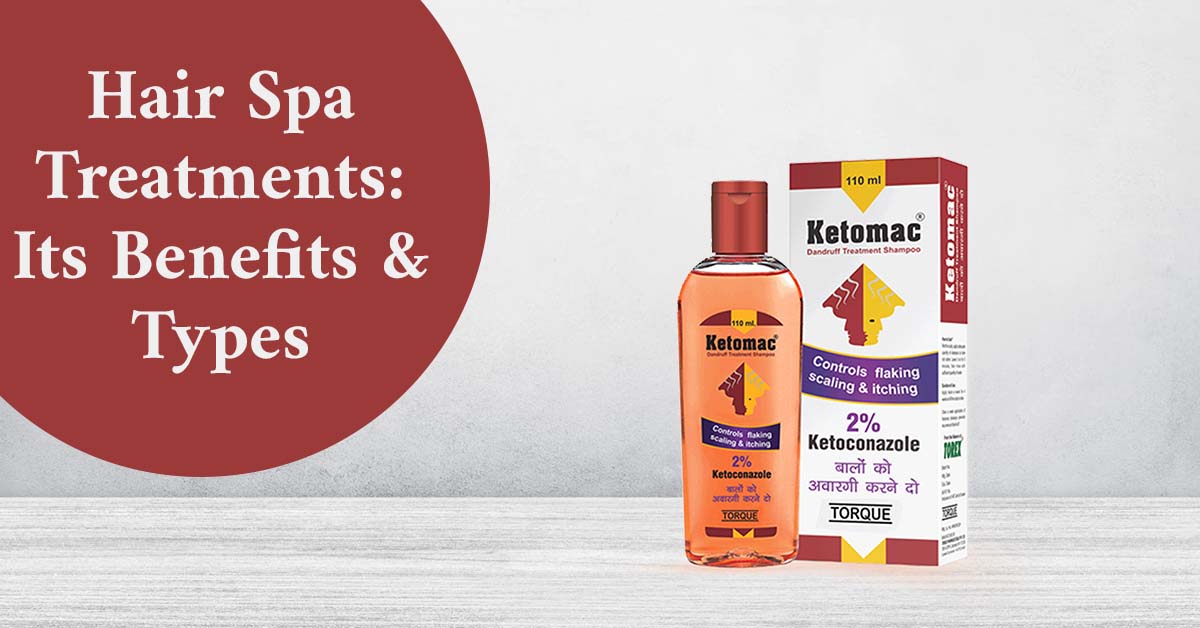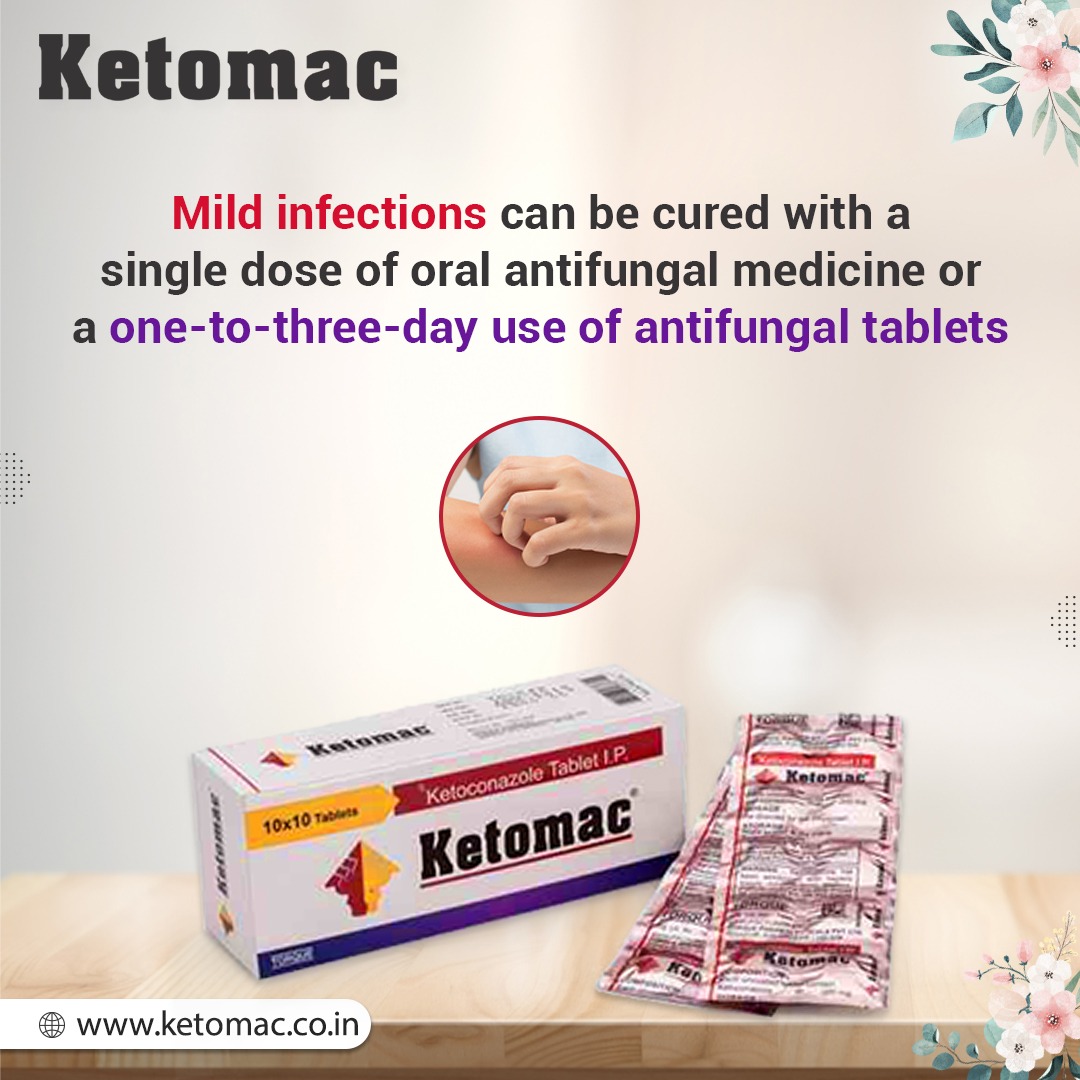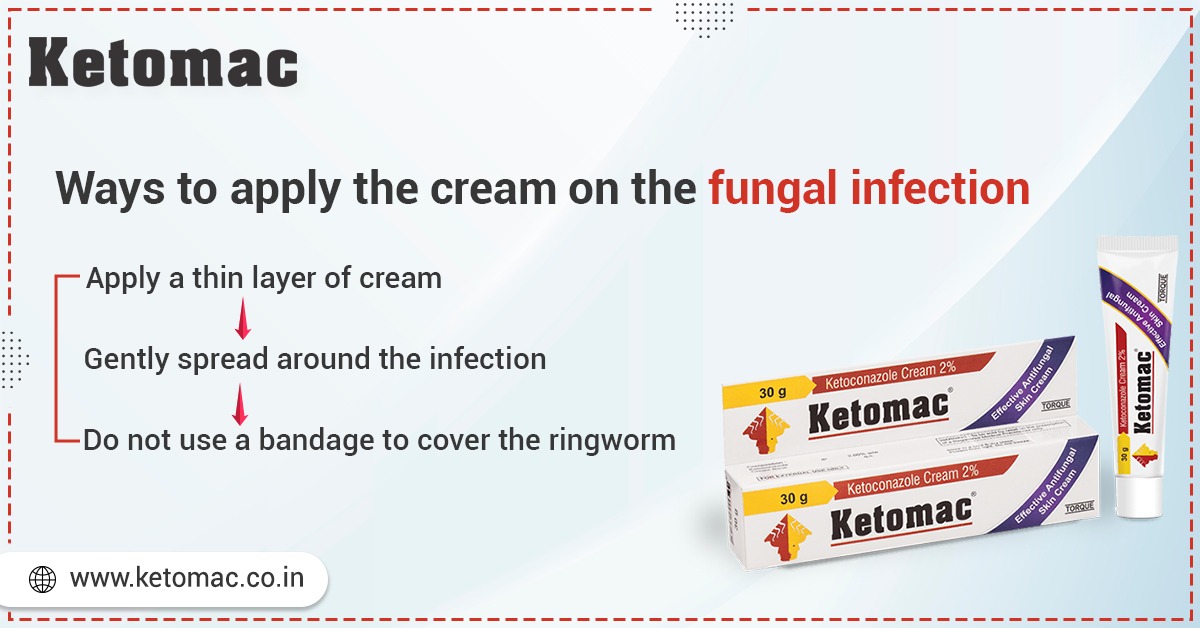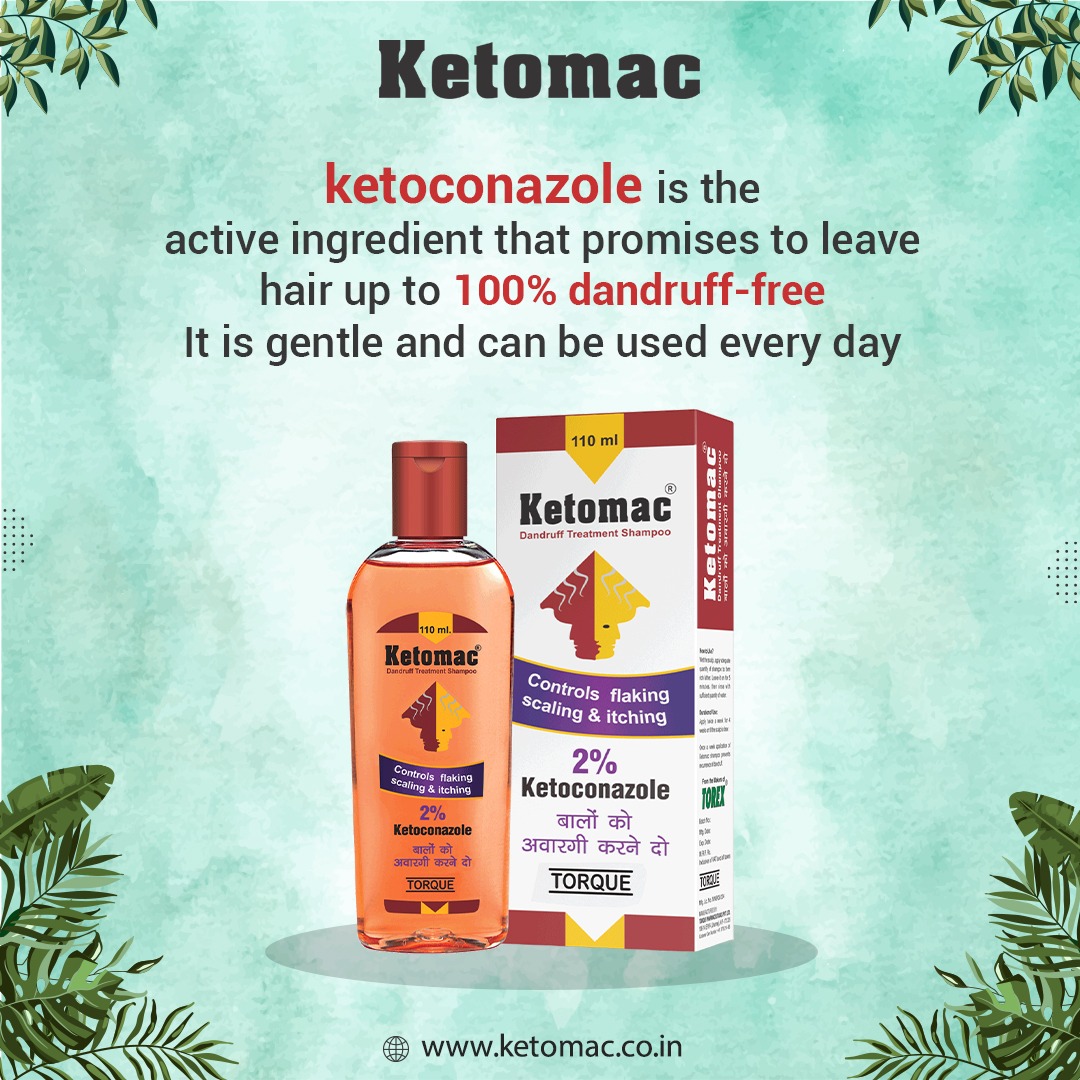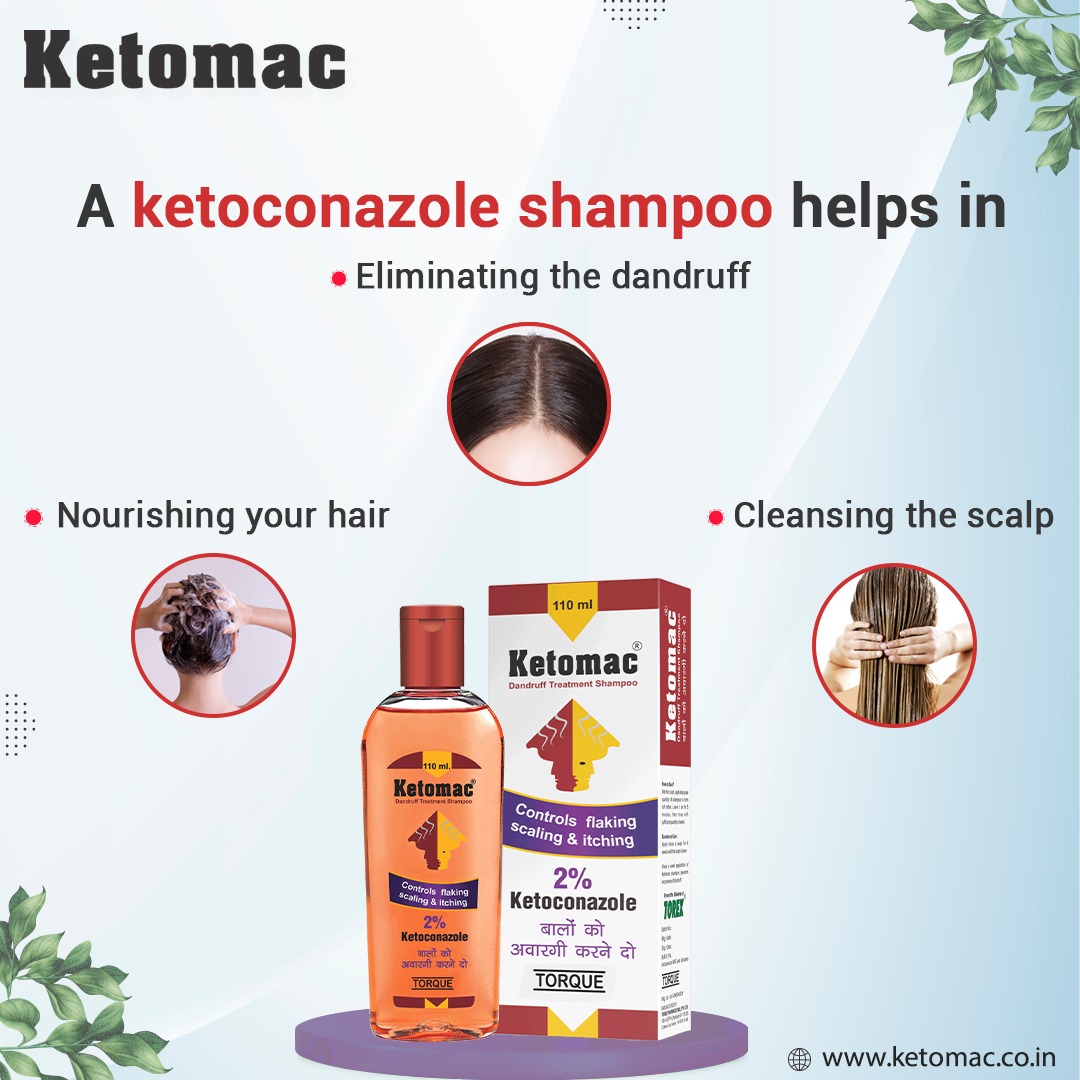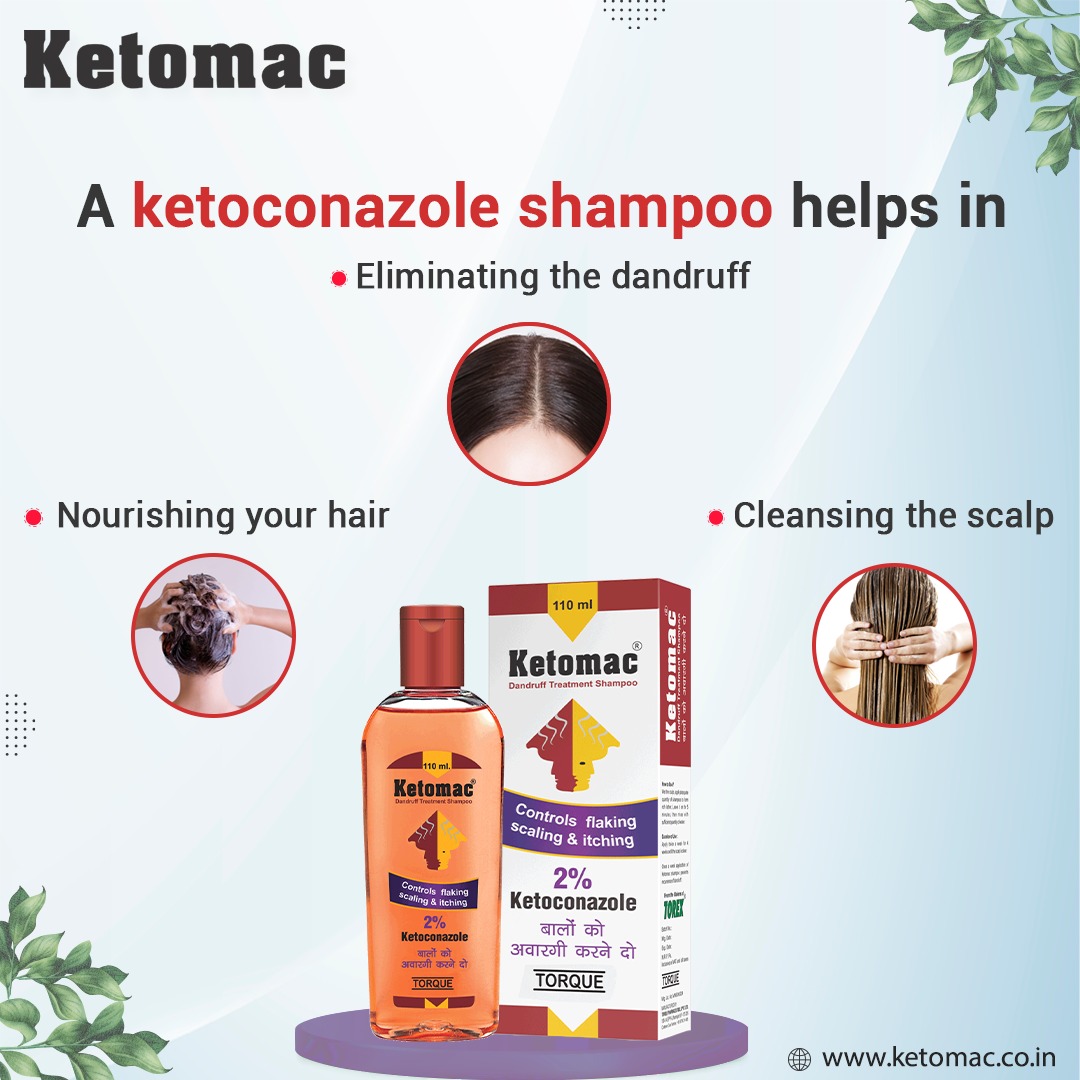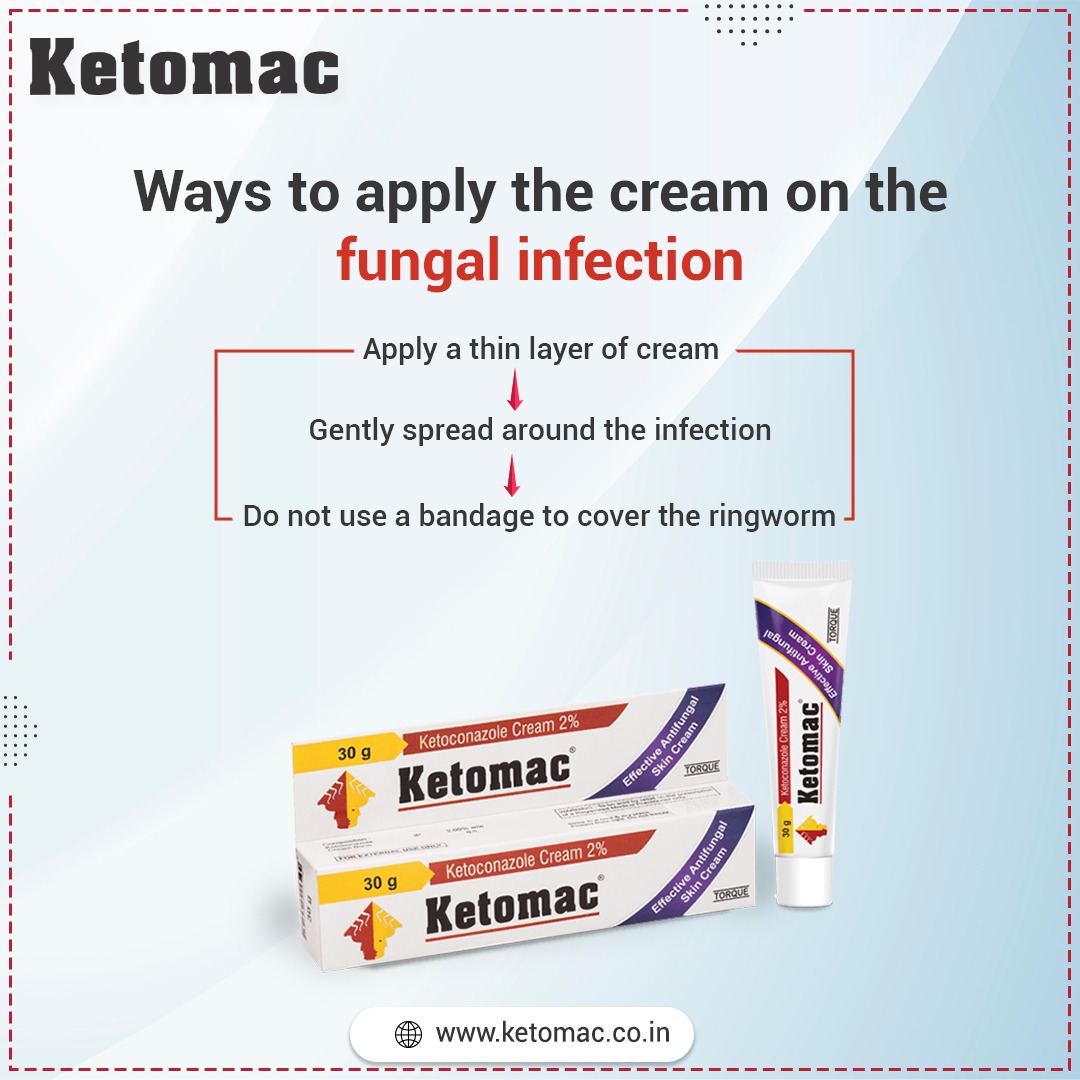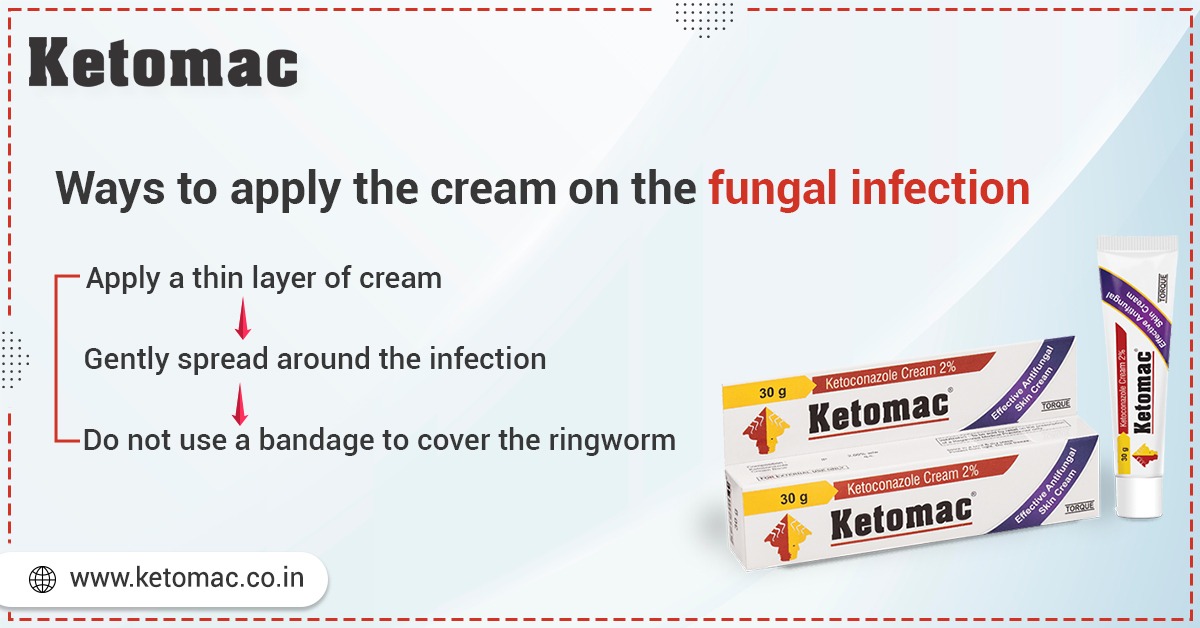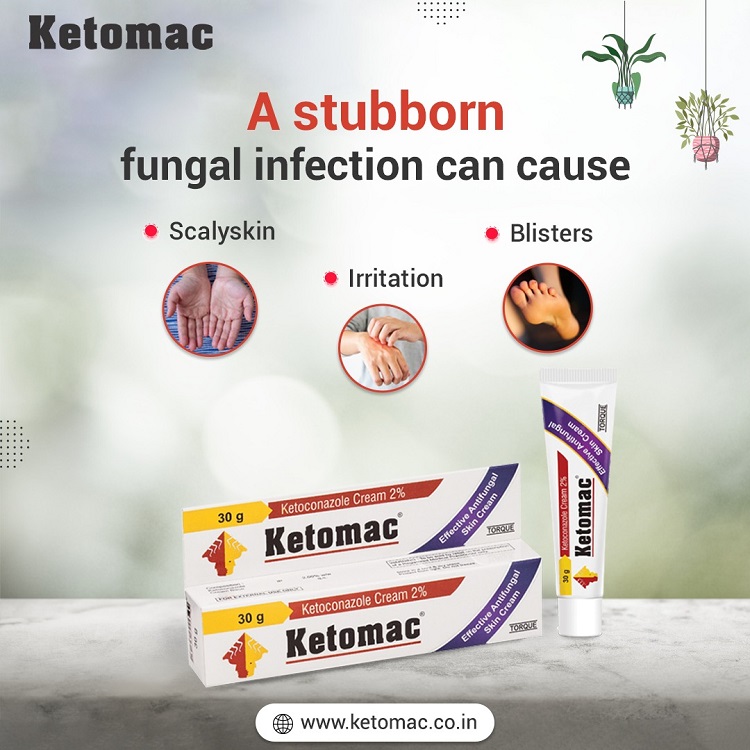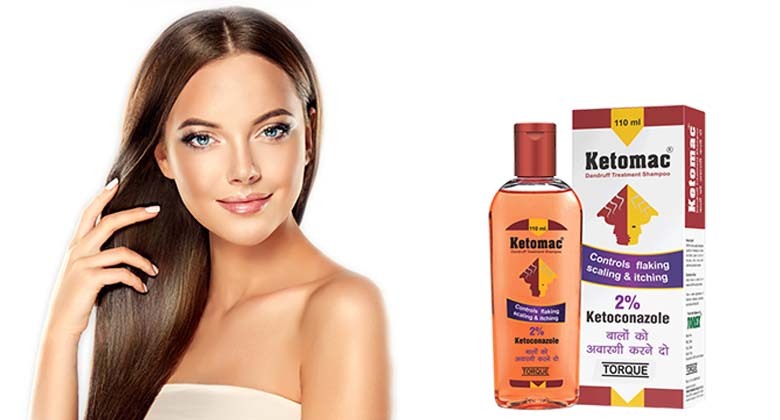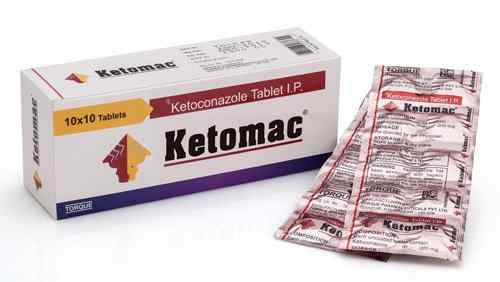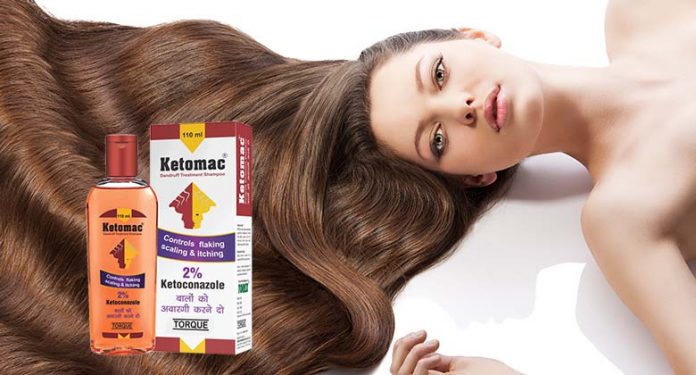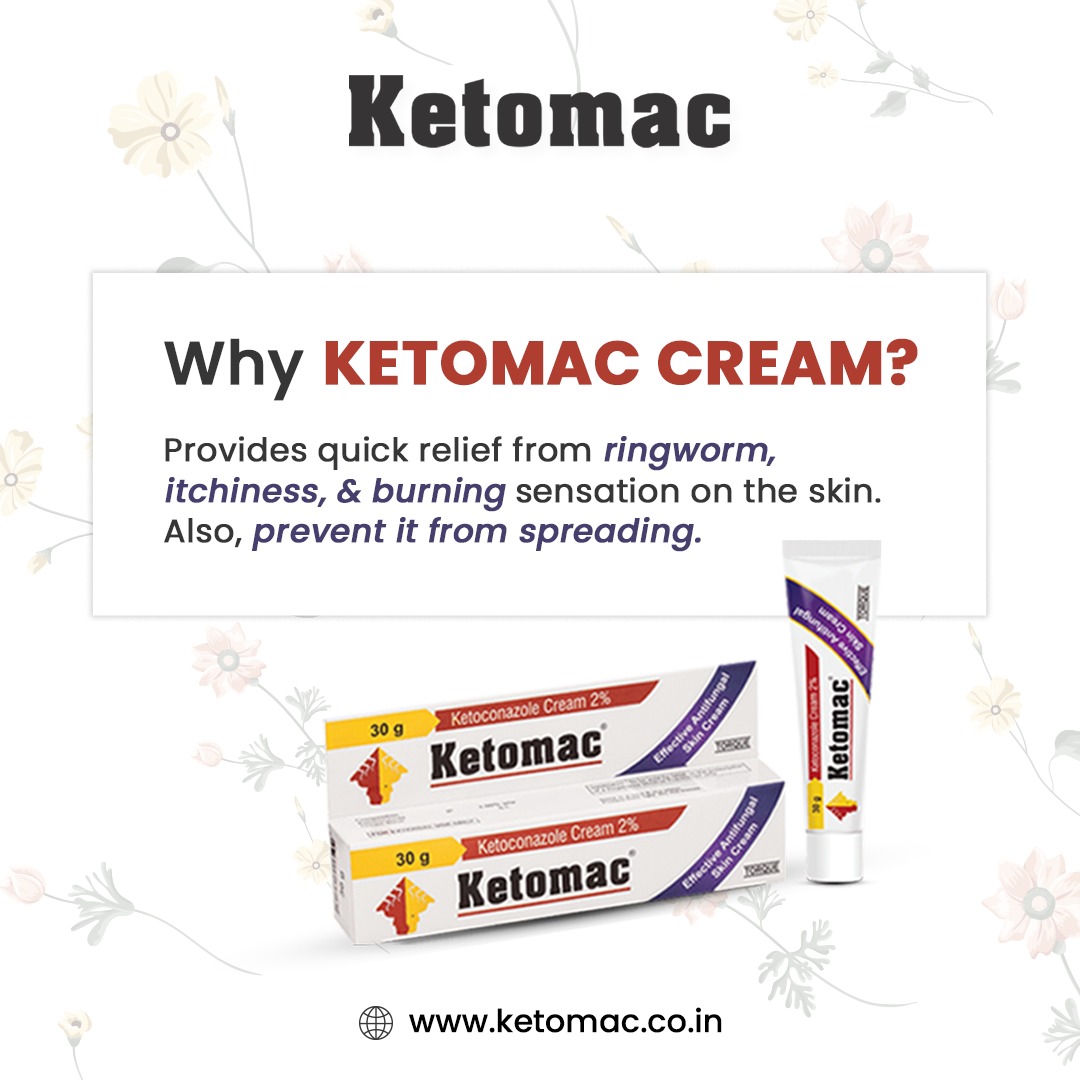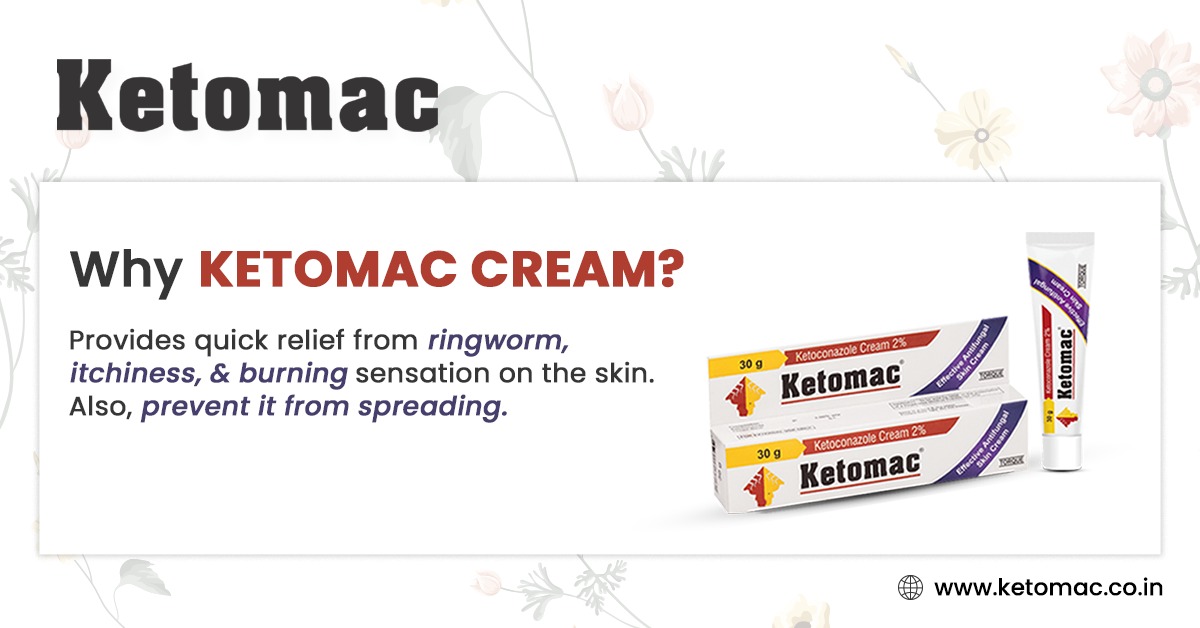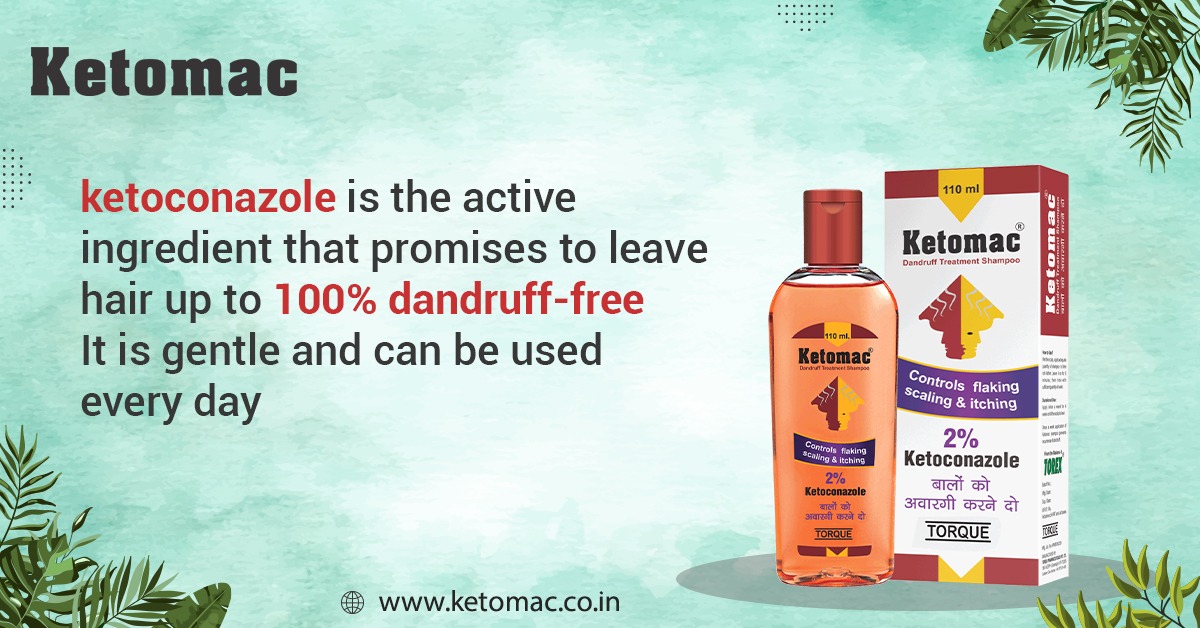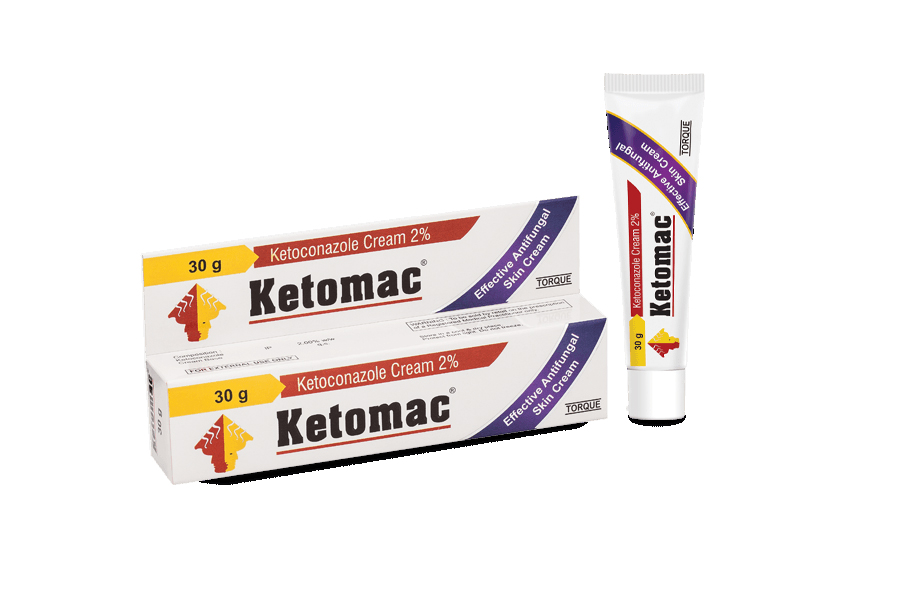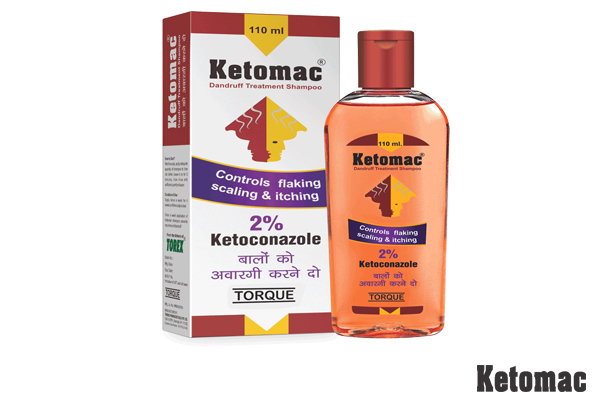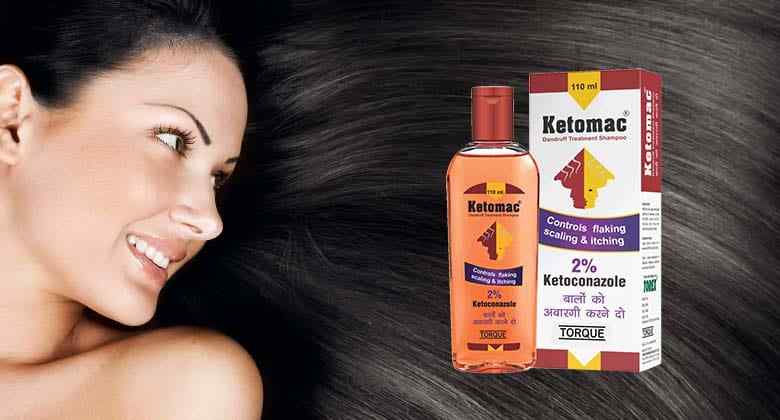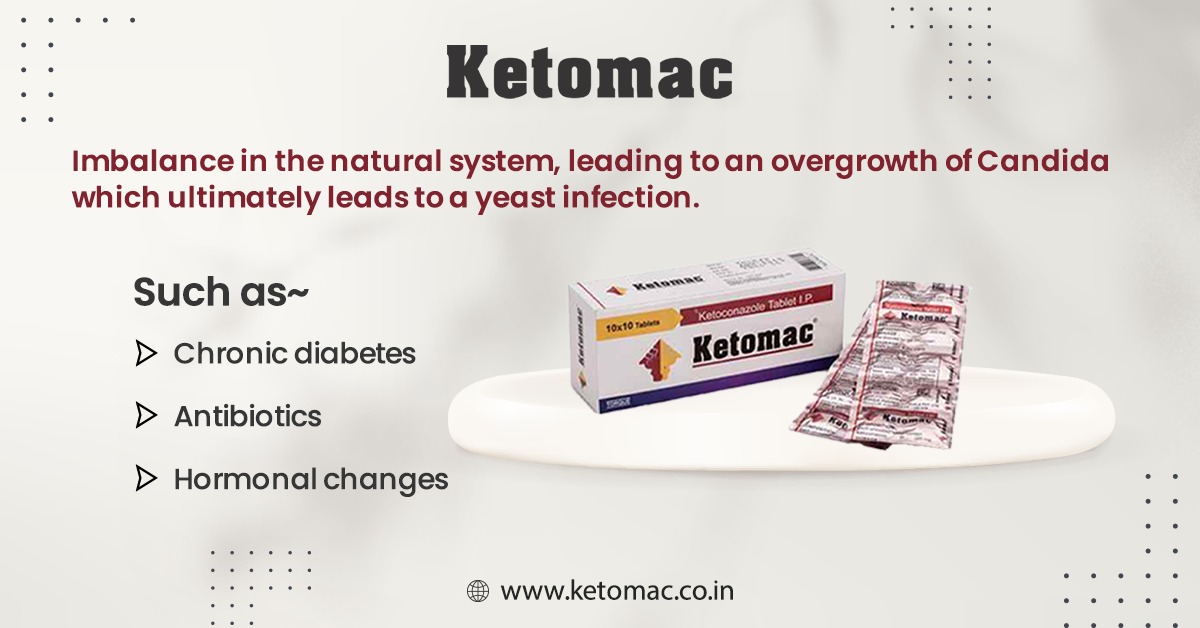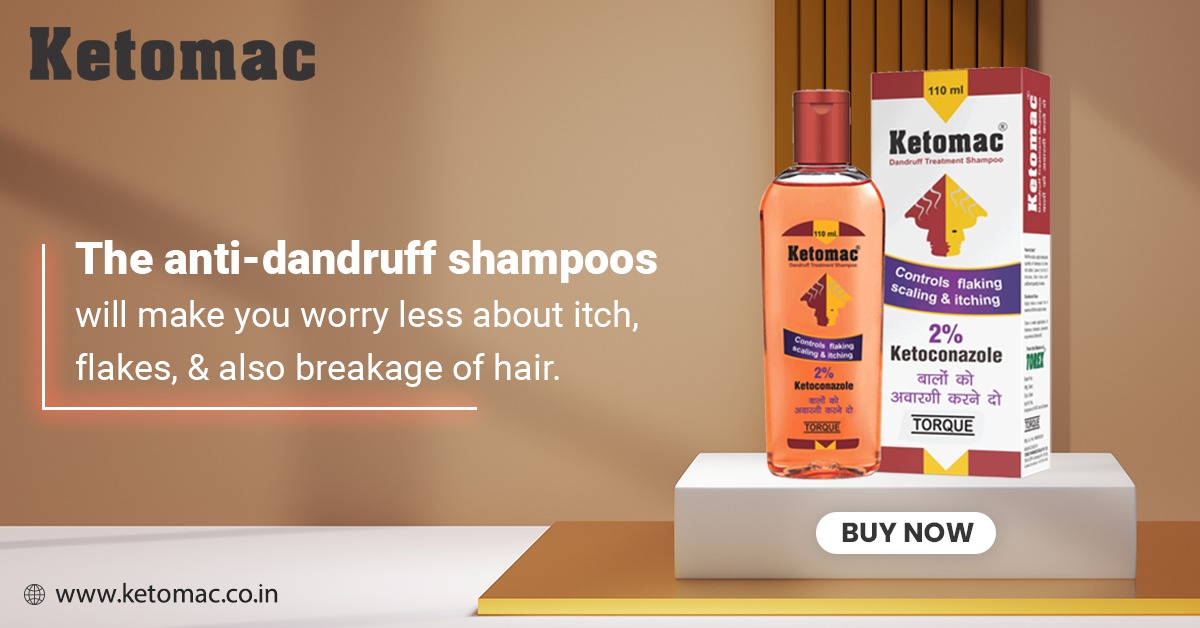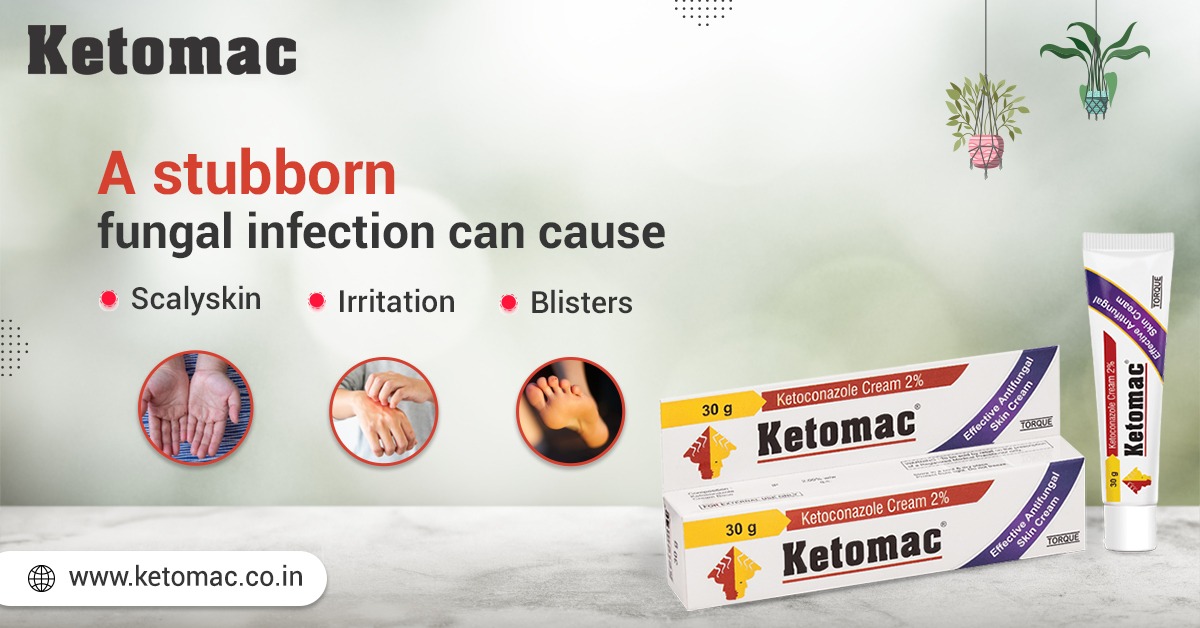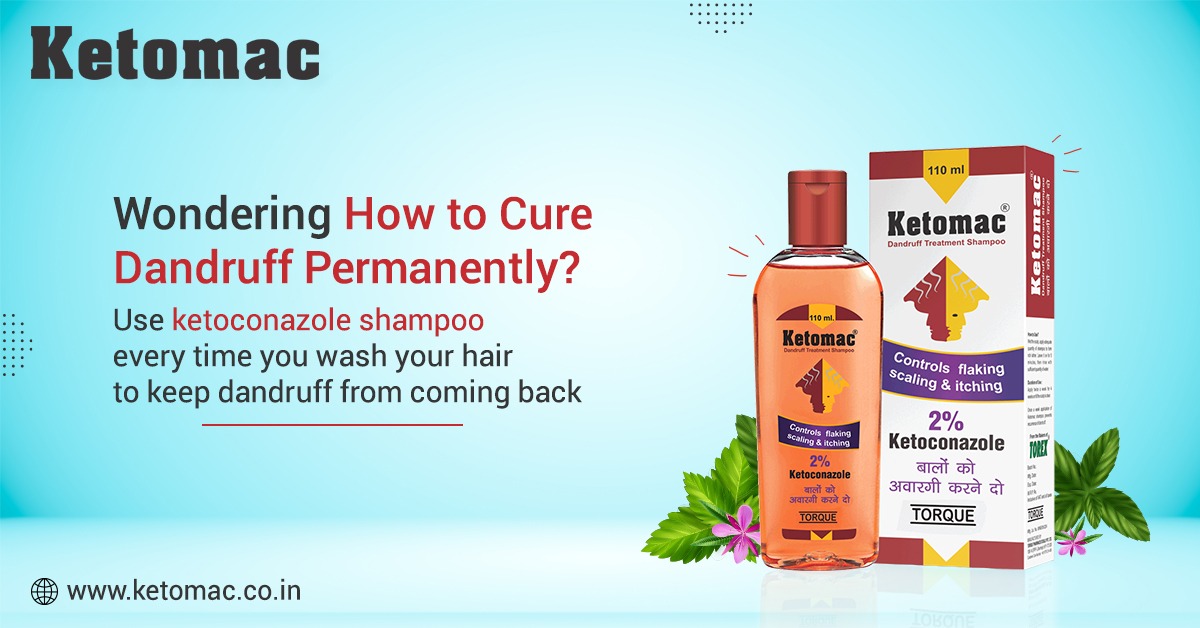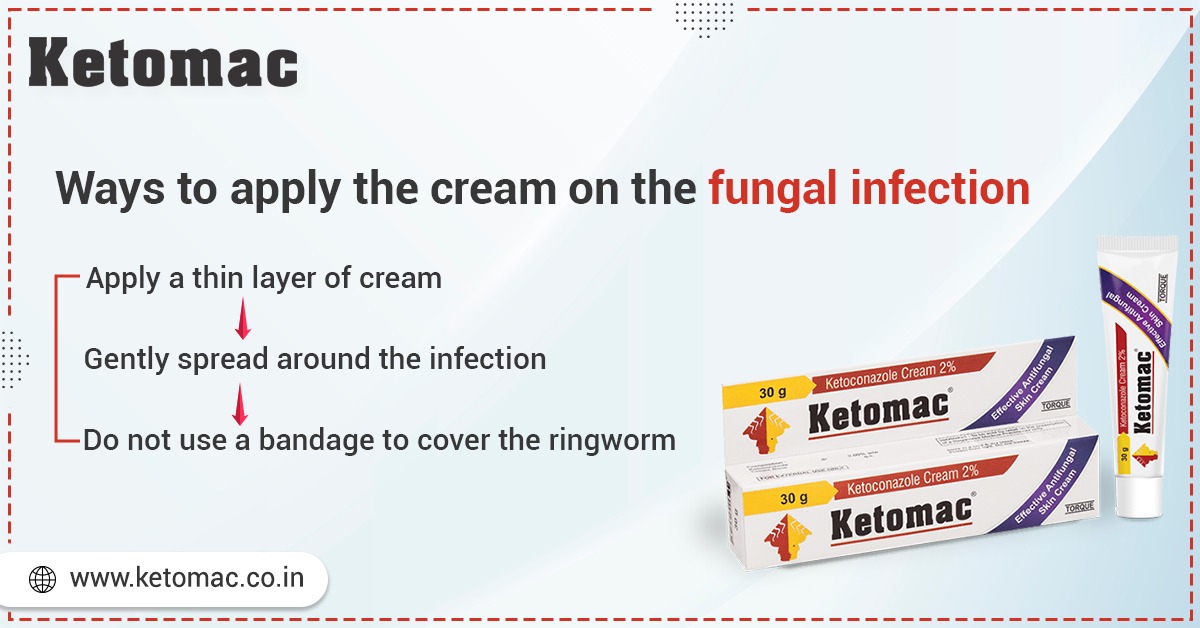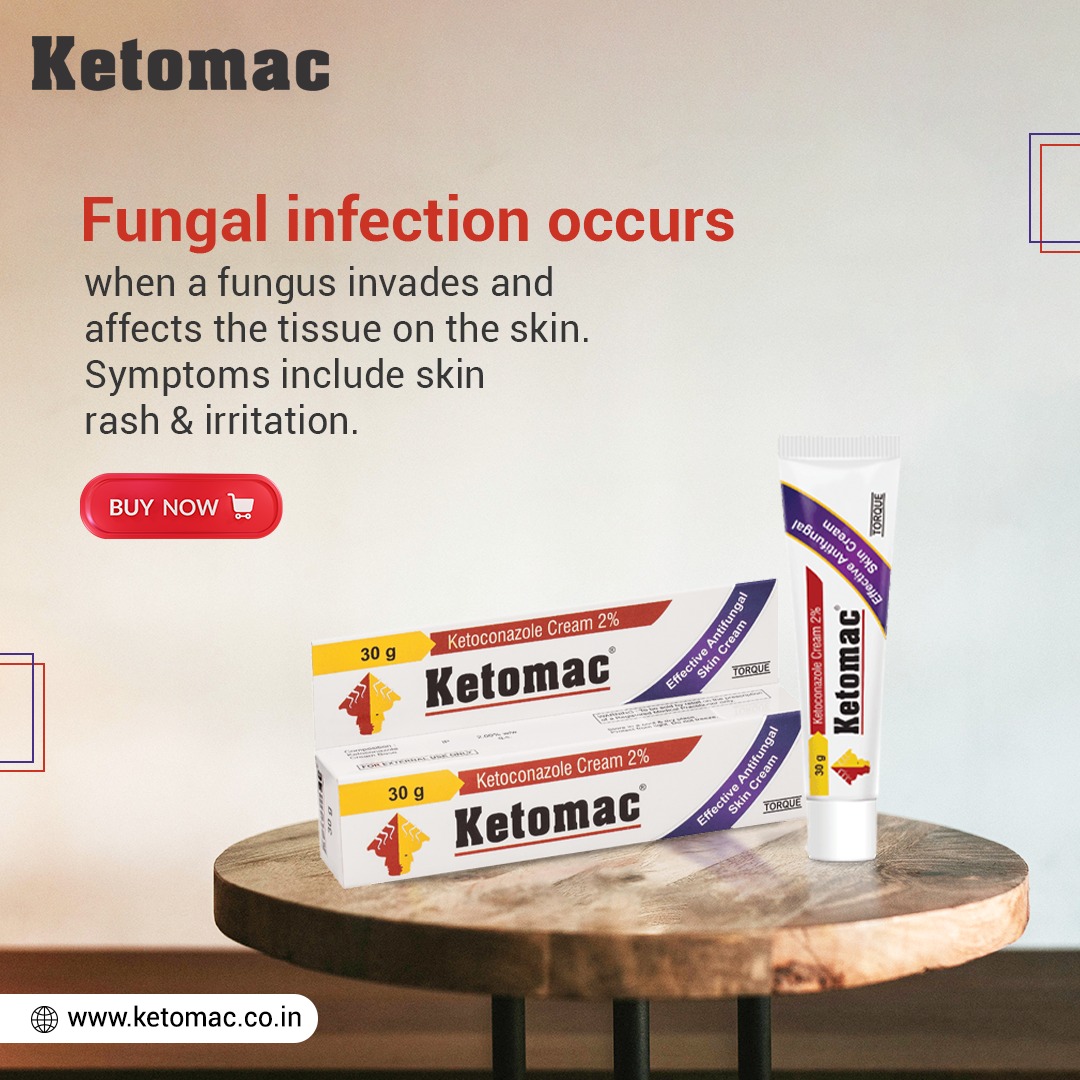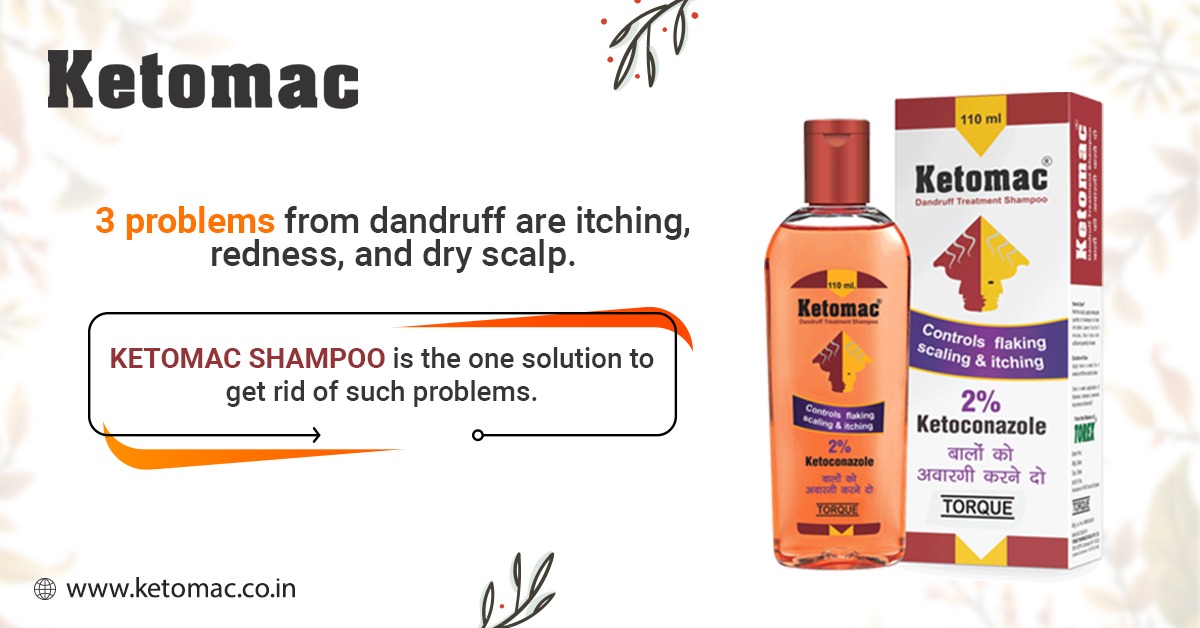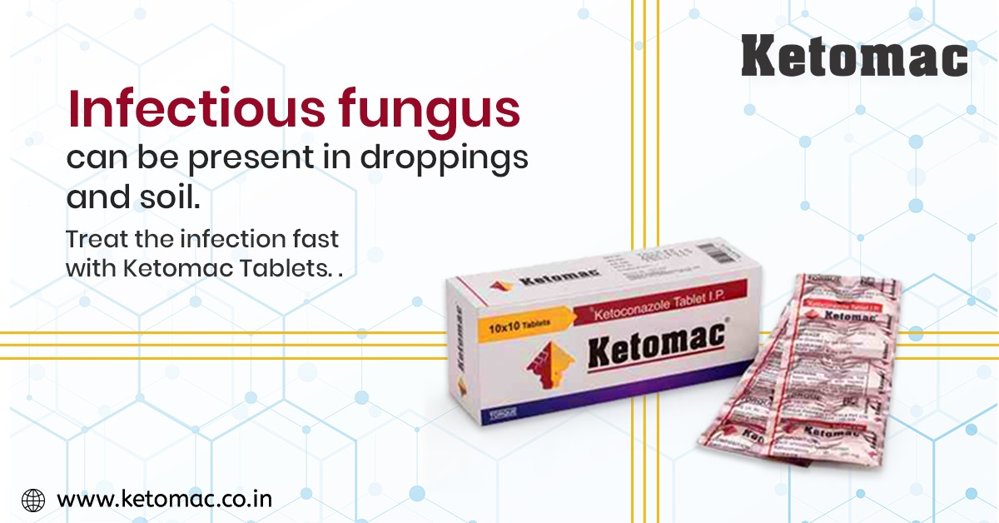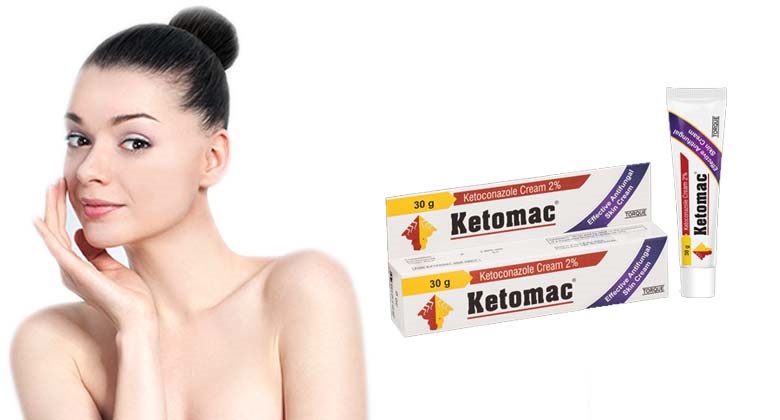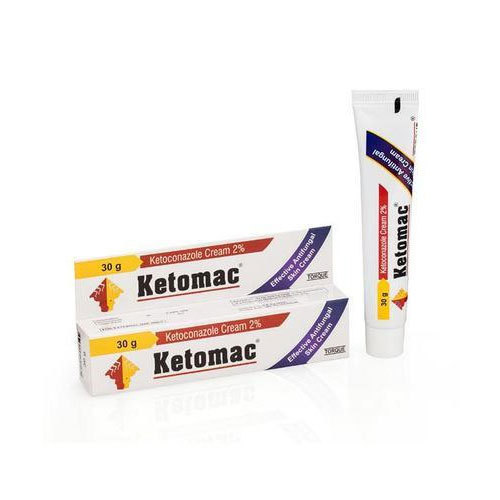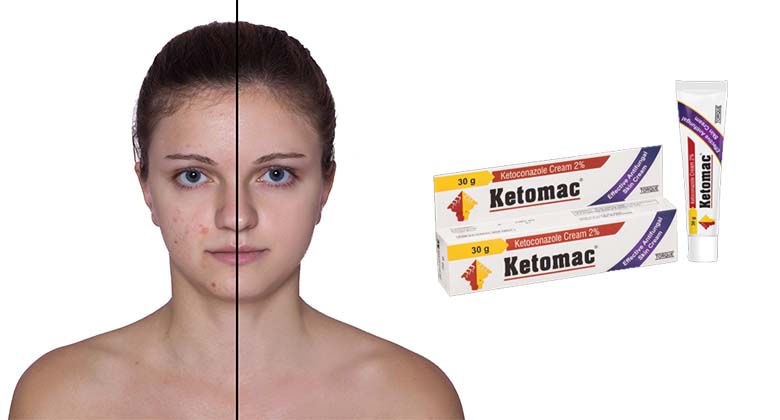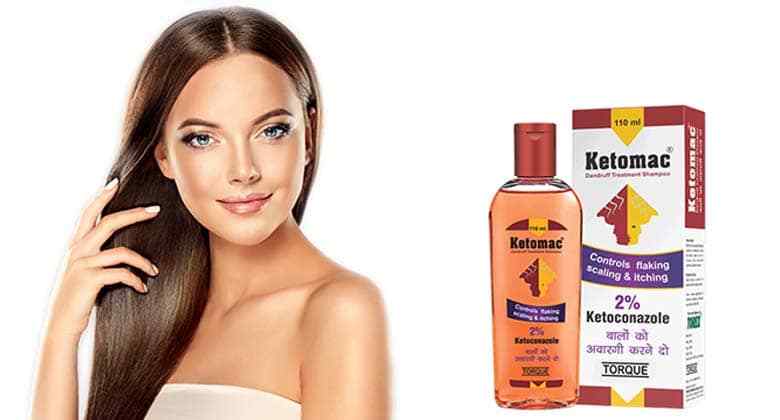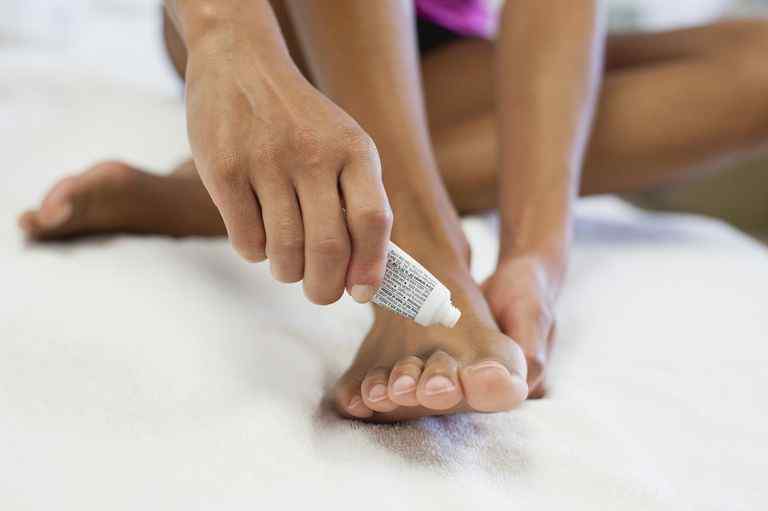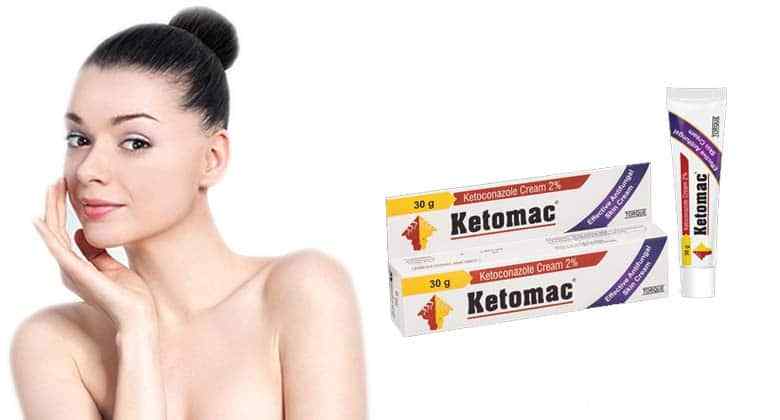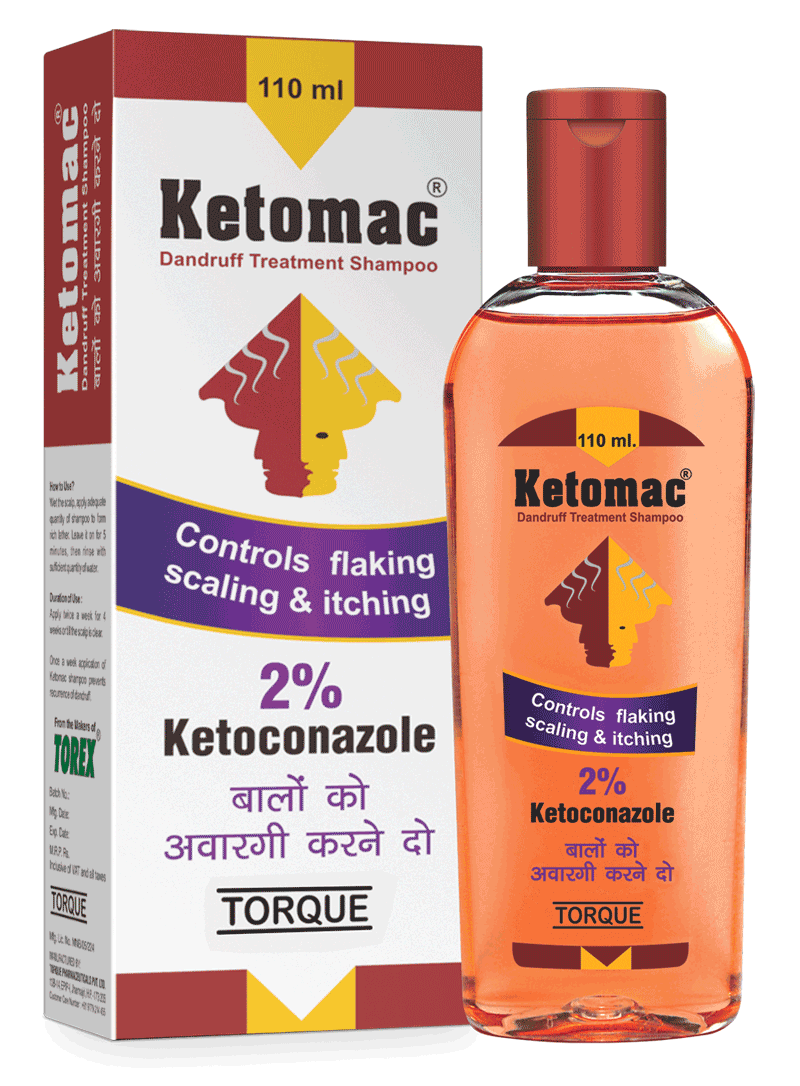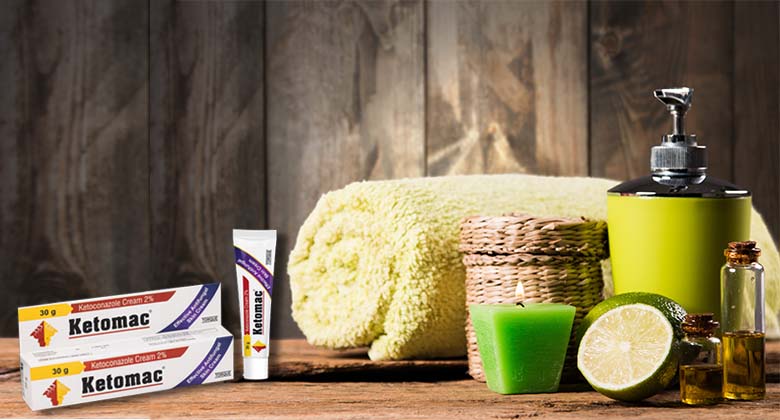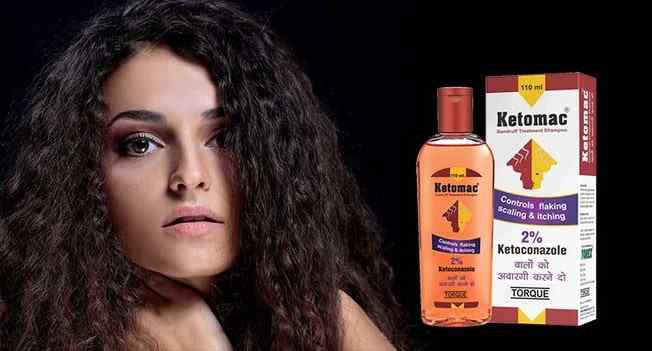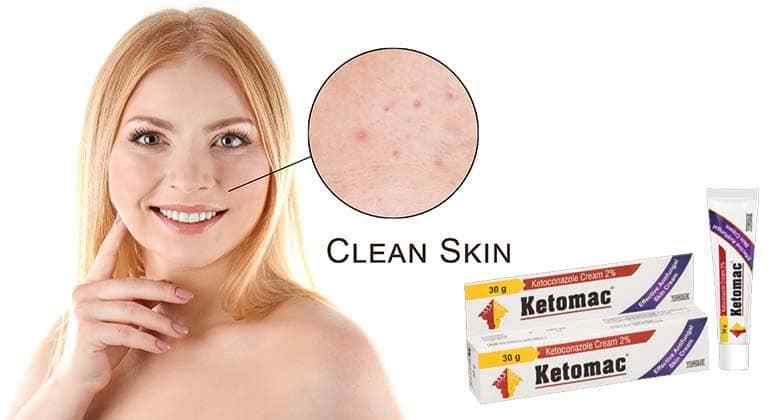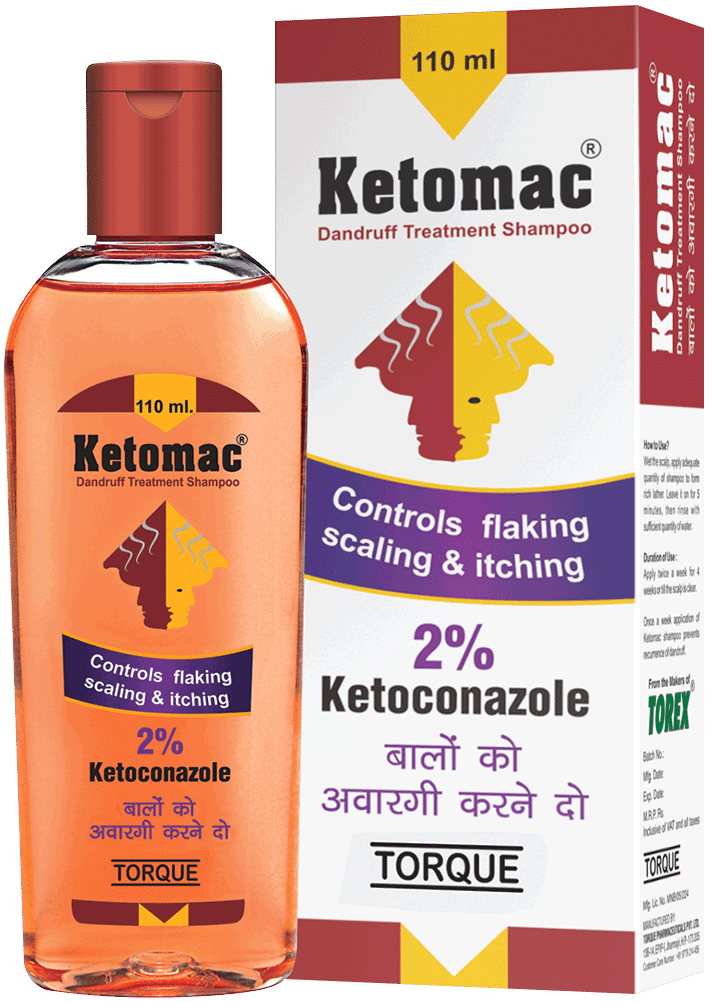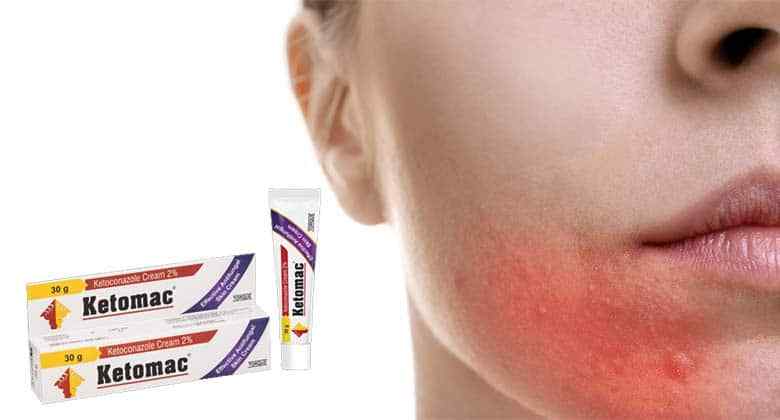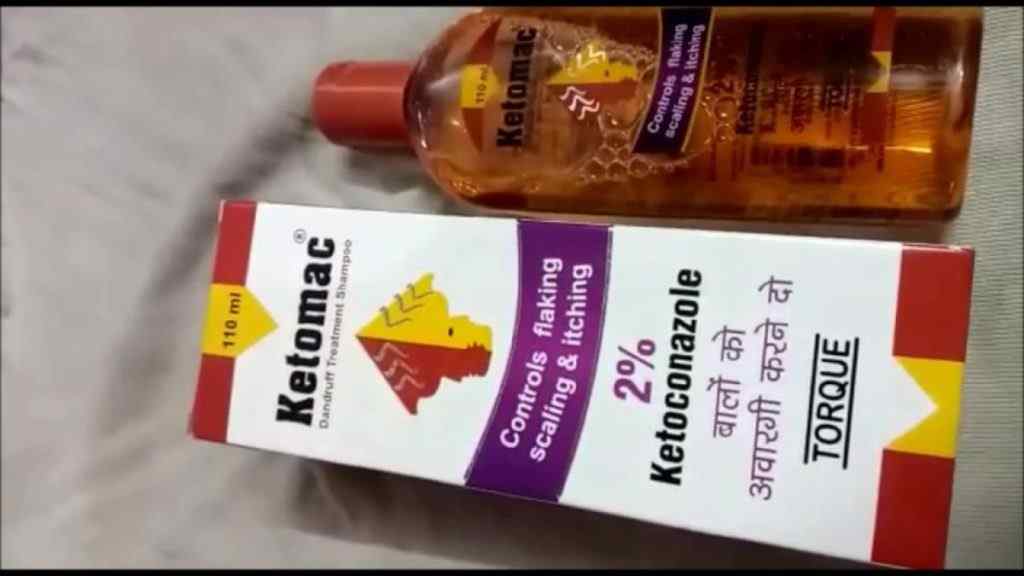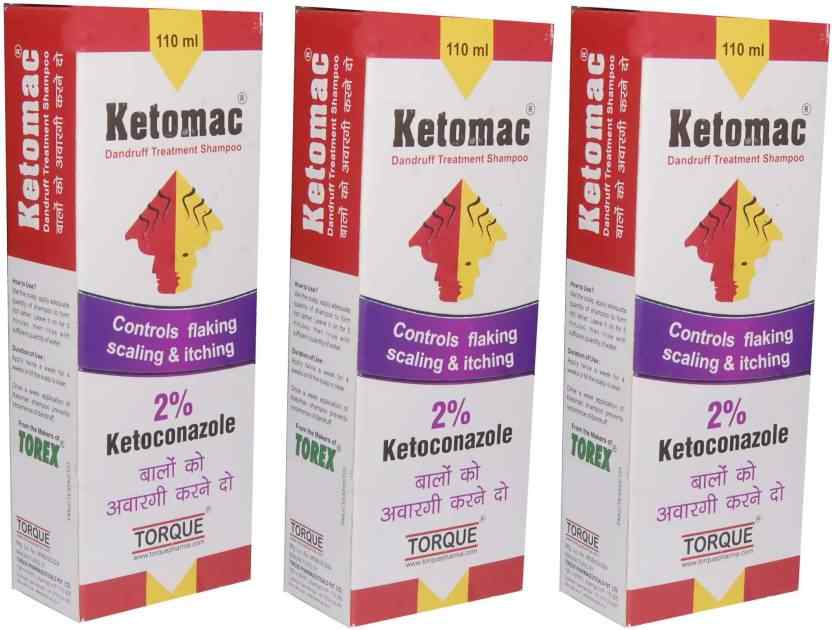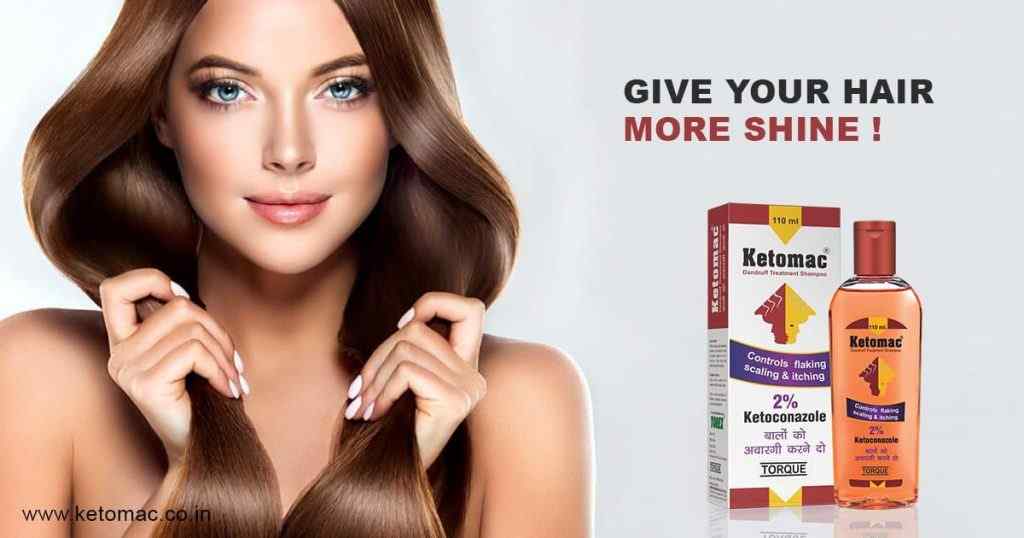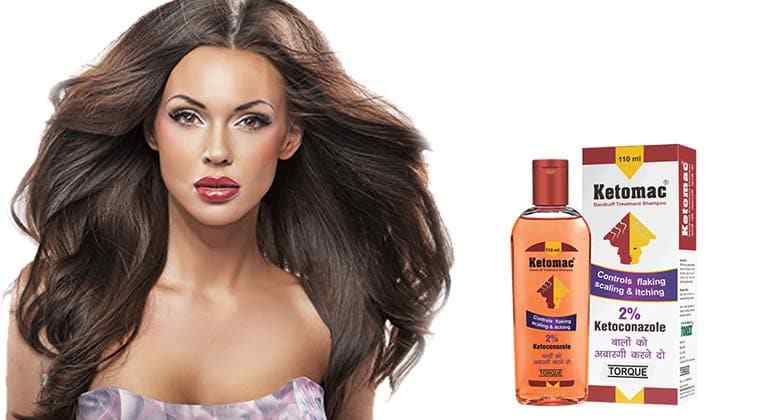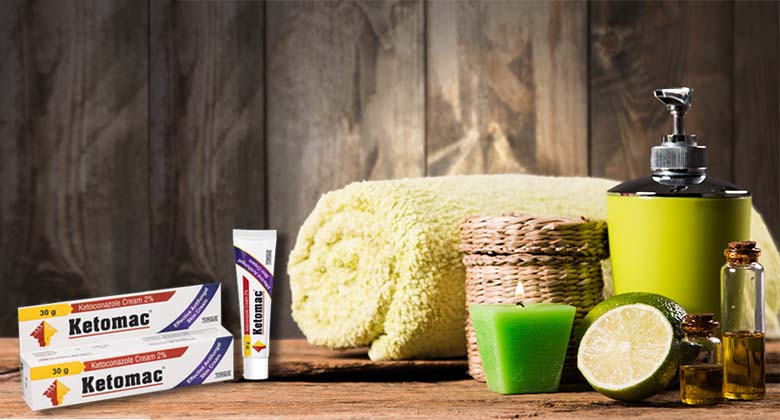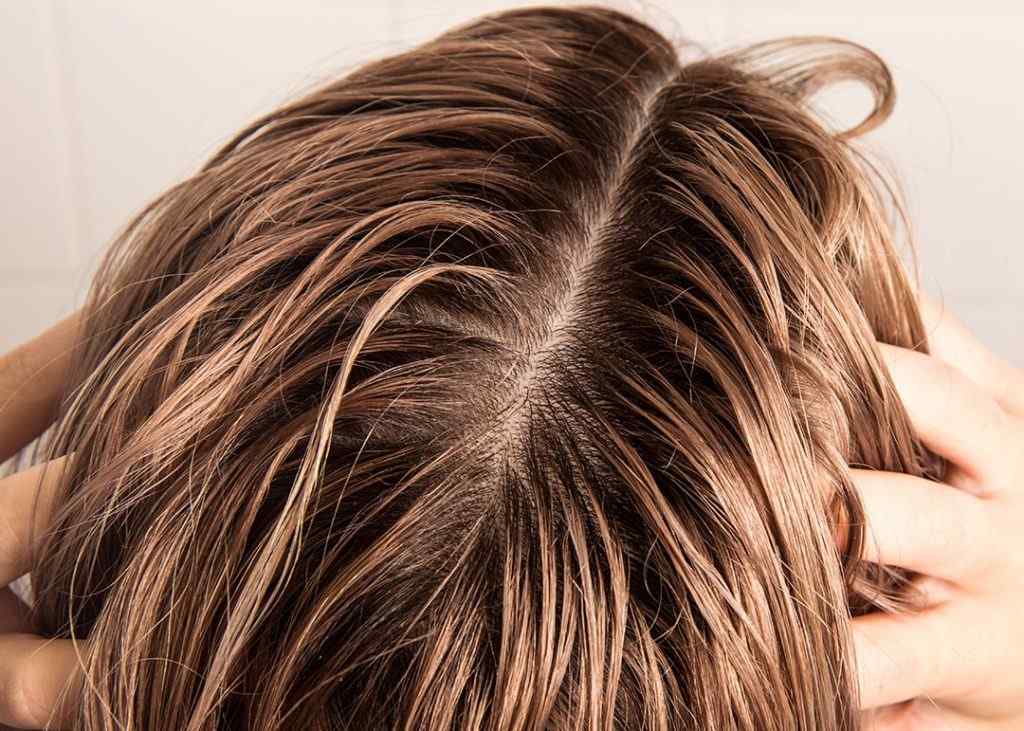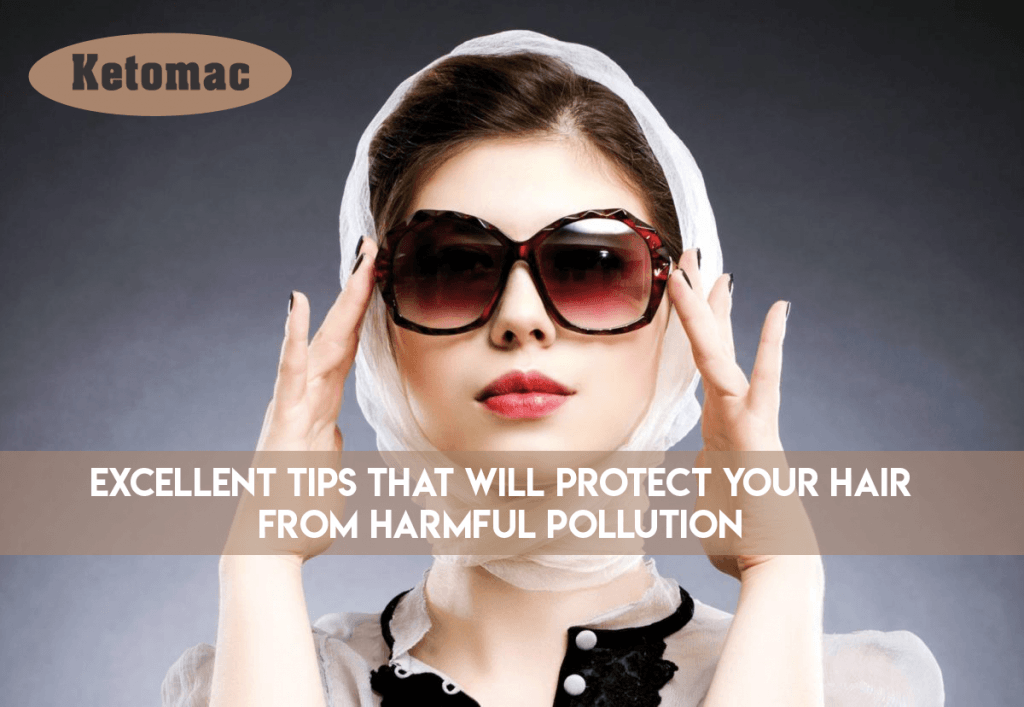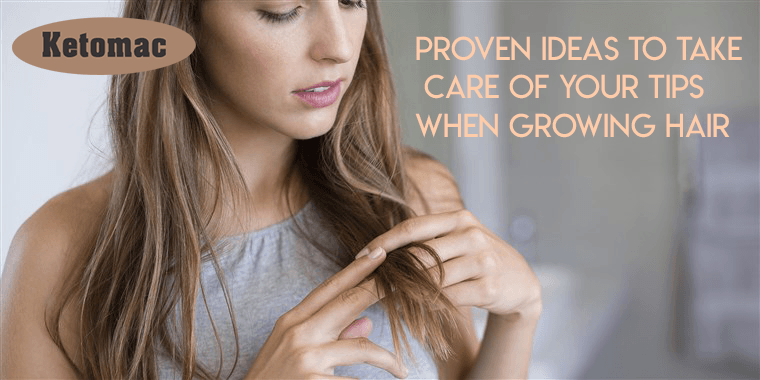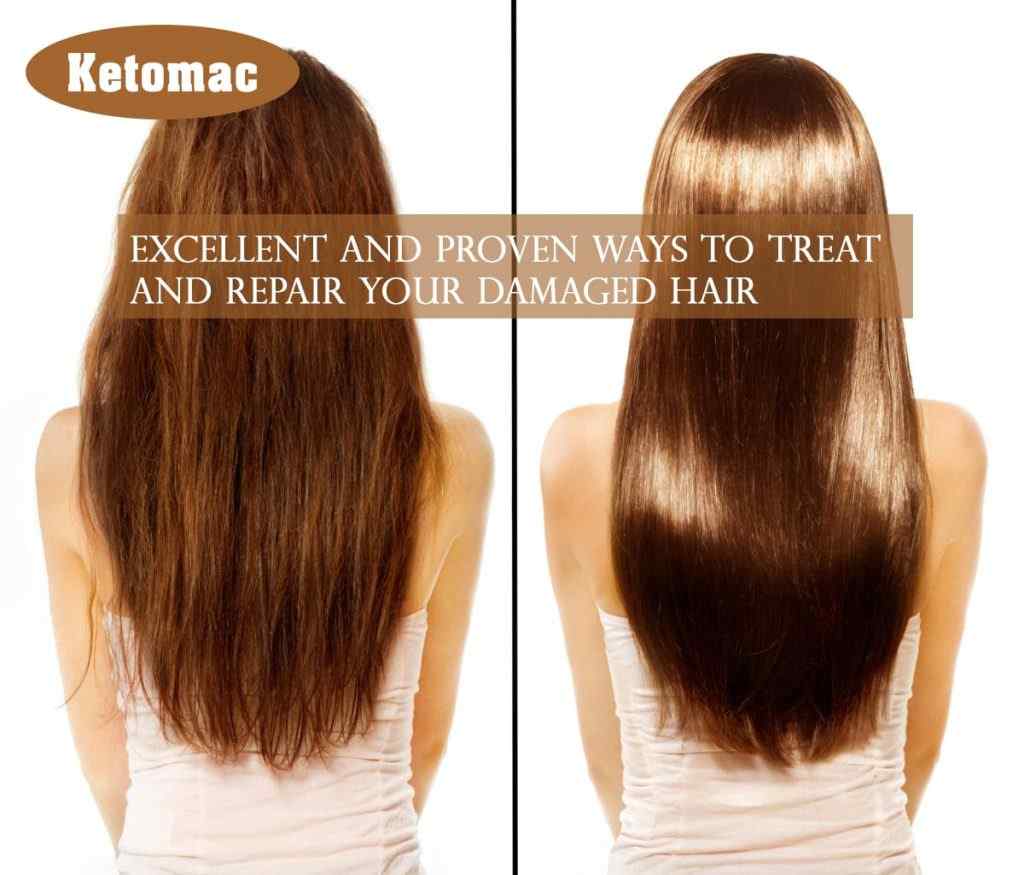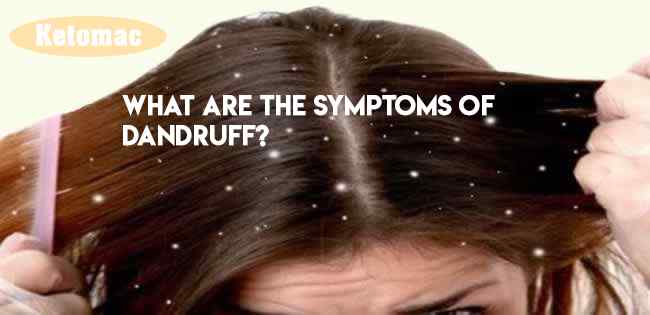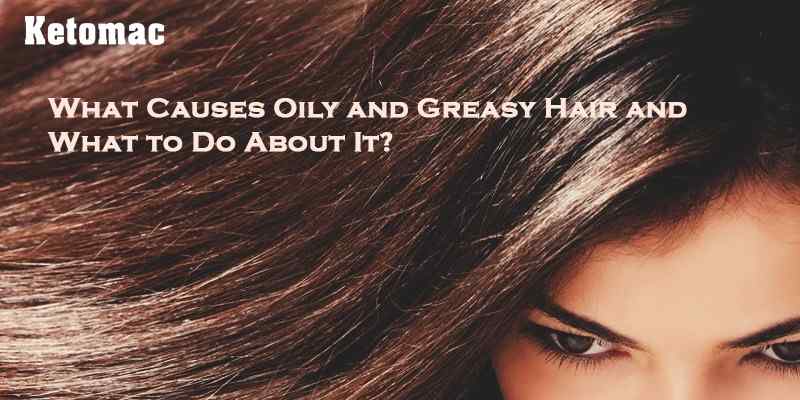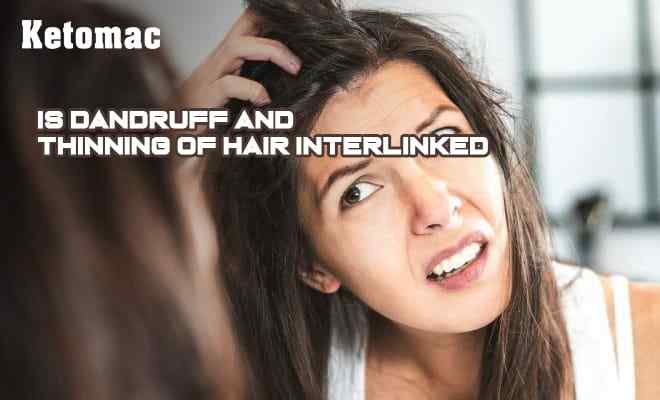Oily hair is a common concern for a lot of people. If you wash your hair daily and by the time the day ends, your hair feels oily and greasy, then probably you have oily hair. It’s not just the grease on your hair that bothers you; even accompanying dandruff, itchiness, and other problems make you feel miserable. Read to find out about oily scalp causes and ways to treat it.
What causes oily hair and scalp?
The leading cause behind an oily scalp is the overproduction of oil by the sebaceous glands. These are responsible for the production of sebum, a waxy and oily substance, and are present beneath the tiny pores of your scalp. Sebum is a natural oil that helps keep the skin moisturized and the skin protected. This oily substance is crucial for maintaining healthy hair and scalp. In some cases, when the sebaceous glands tend to overproduce this oil in your scalp or skin, your hair gets greasy. Below are some factors that contribute to an oily and greasy scalp.
- Genes:
Genes are a significant determinant of oily hair, and your genes will decide whether you will have an oily or dry or normal scalp. If your parents or other immediate relatives have oily and greasy skin or scalp, you have a high chance of it.
- If you wash your hair frequently or scrub it hard:
Frequently washing your hair and scrubbing it too hard can remove the protective barrier on your scalp. Consequently, the sebaceous glands underneath start producing excess oil to compensate by attempting to hydrate the scalp.
- Lack of hygiene:
Suppose you fail at keeping personal hygiene, like not washing hair regularly, sleeping using dirty bedsheets and pillows, and using dirty hair tools. Practising all that, you might face the problem of an oily scalp.
- Having an unhealthy diet:
If your diet includes high carb foods, extraordinarily oily and spicy food, and lacks nutritional foods, it could cause your scalp to get oily and greasy.
- Stress:
If you take a lot of stress in your life, then the activity of the sebaceous glands might increase, causing an excess production of sebum. Therefore, high-stress levels can be a contributor to oily scalp.
- Hair products:
You should always use products that do not contain harsh chemicals. The reason is that harsh hair products tend to damage the protective barrier of your scalp. The absence of this protective barrier may cause a lack of essential oils in your scalp, because of which the sebaceous glands start overproducing sebum.
- Hormonal fluctuations:
Fluctuations in hormones during menopause, pregnancy, puberty and irregular periods significantly impact the amount of oil on your scalp.
Methods to get rid of greasy hair & oily scalp
ways
An oily scalp can give rise to clogged pores, dandruff, accumulation of dirt, and hair fall. To be able to deal with oily scalp, you must first know the cause behind it. If you always have greasy hair and oily scalp, it is probably related to genetic factors, but if you have developed oily hair over the years, then the cause is related to some external factors. Nonetheless, this issue can be easily managed with the help of a few simple ways.
- Avoid washing your hair frequently:
The most critical factor determining whether your hair will be oily or not is the frequency you wash it. If you do not wash it for more extended periods, you might have oily hair due to an excess build-up of oil and debris. However, if you wash it too frequently, it might cause oily hair as your scalp will lose all its natural oils, resulting in the overproduction of sebum. Therefore, you must maintain a regular and healthy interval between your washing days.
- Shampoo properly
Sometimes, we take hair washing for granted, and it’s not enough to rub a few drops of shampoo in your hair. Shampoo cleans your hair of any dirt or debris and removes extra oil from your hair and scalp. And that is why it is essential to shampoo your hair properly.
- The right way to shampoo:
You should take a small amount of shampoo in your hands and massage it into your hair and scalp. It would help if you did not scrub your scalp with nails, as doing that would rip off the skin barrier, making you lose moisture and essential oil from the scalp. While shampooing, you should try to shampoo your scalp only, as your ends will receive the shampoo when you rinse it.
- You should rinse your hair properly:
It is not a good idea to allow product build-up to occur. Hair can feel heavier if it isn’t washed thoroughly after shampooing or conditioning. Ensure to rinse your hair thoroughly to prevent unwanted build-up.
- Be careful while conditioning your hair:
Using an excessive amount of conditioner can cause your hair to become greasy and promote hair fall. In addition to that, it can give rise to bacterial growth. Therefore, you should try to use only the recommended amount of conditioner on your hair. Use it on the ends of your hair and only the areas in need, and make sure to rinse it off properly.
- Purchase products that are specially designed for oily hair and scalp:
Every individual has a unique hair type, just like everyone’s skin is different. Make sure you invest in hair products available in the market that address your unique concerns. Many products on the market, such as dandruff shampoo for oily hair, mainly target oily hair. Also, it would help if you go for trusted brands like Ketomac.
- Keep your hair tools clean:
You need to clean brushes, rollers, also curling irons from dirt and grease. You are adding dirt and grease to your scalp by using the same hairbrushes for a long without cleaning them. Use properly cleaned brushes, rollers, and combs to avoid contact with oily substances. Also, make sure to change your pillowcases frequently. Use a cleanser to wash your brushes at least once per week.
- Avoid scrubbing or brushing your hair too hard:
Over-brushing your scalp can cause damage to the protective layer that is responsible for locking in natural oils and moisture. This activity can rip off your scalp’s natural oils, which can cause your sebaceous glands to produce excess sebum. This can ultimately lead to oily hair as well as a greasy scalp.
- It is essential to wash your hair after every workout session:
After a hard workout, your scalp might feel sweaty, and excess sweat accumulation on your scalp and hair can make it feel greasy and very annoying. Therefore, after a hard workout, shampooing your hair might prevent greasiness.
- Try to avoid heat on your hair:
Hair can be damaged by heat using styling products. These products can cause hair breakage and strip your hair of essential oils. This can make your hair feel heavy and greasy because your scalp will produce more oil. Moreover, you should avoid styling products that contain silicone, as it can cause hair to look oily and prevent healthy hair growth.
Some simple changes in your routine can help you deal with oily and greasy hair. But the first step is still buying an anti-dandruff shampoo for oily hair that would help you deal with dandruff and oiliness in the hair and scalp.



